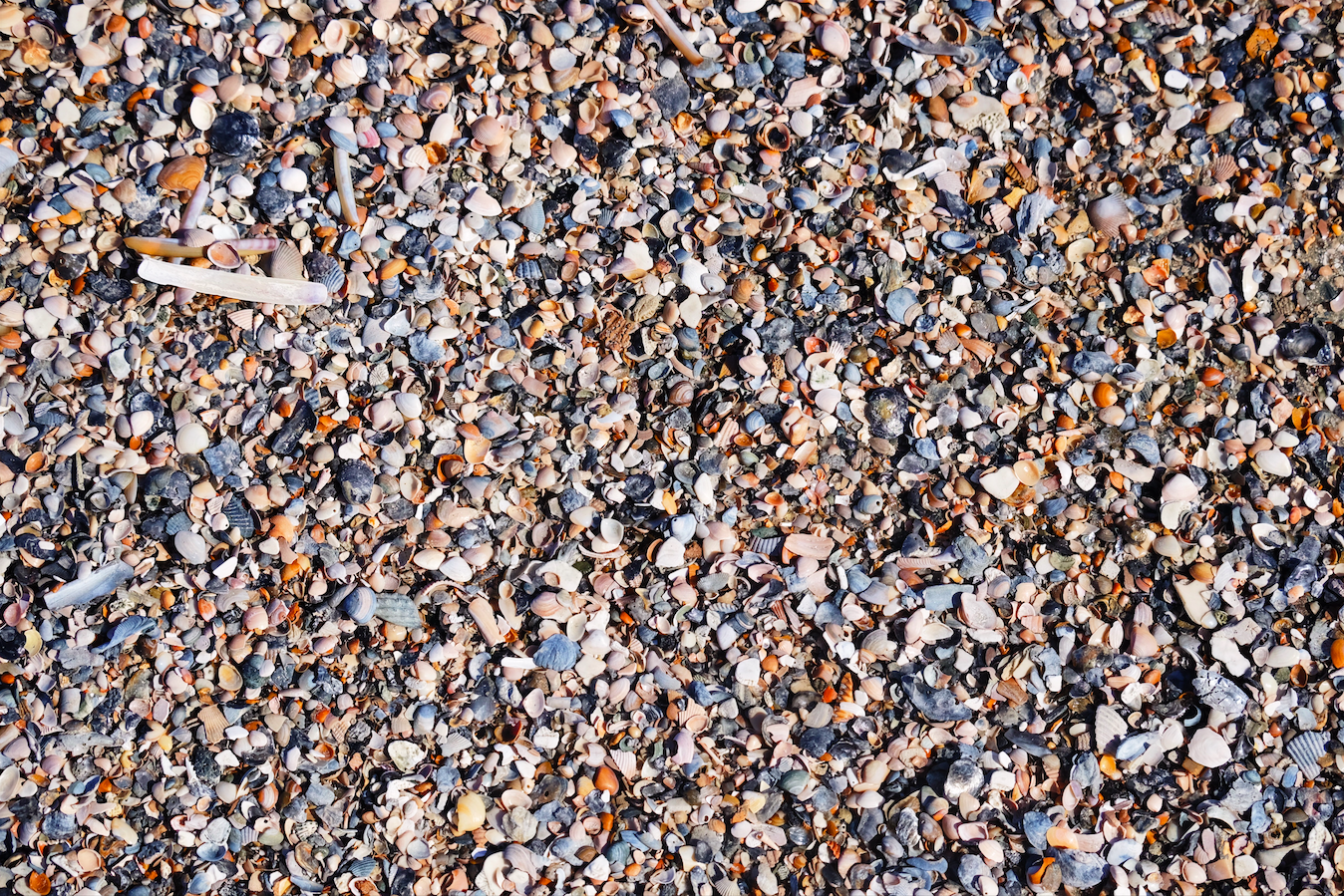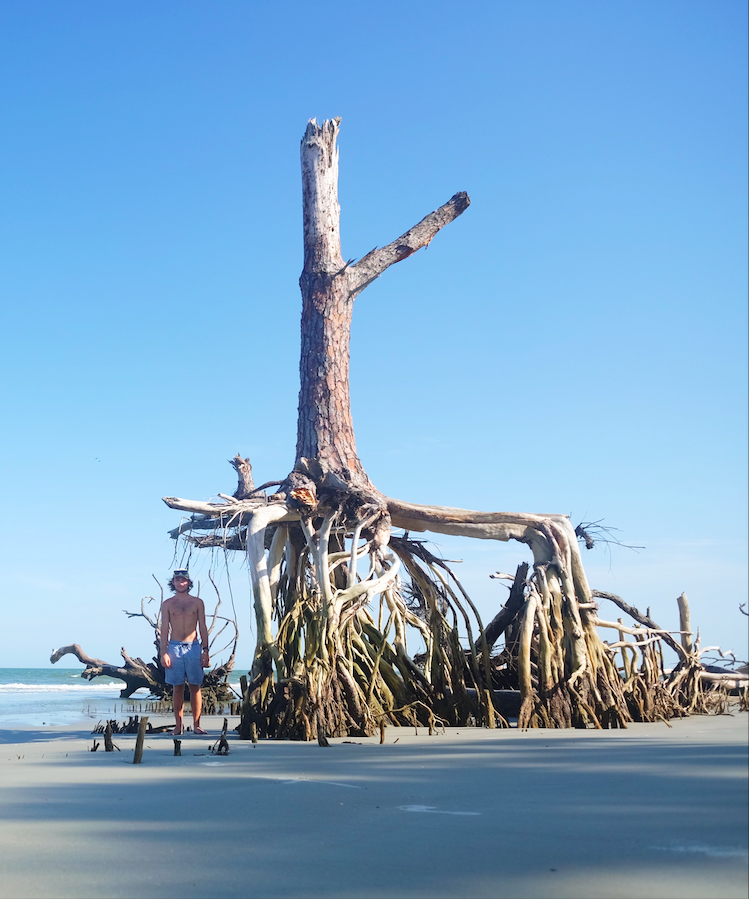Do we have free will?
The short answer: yes.
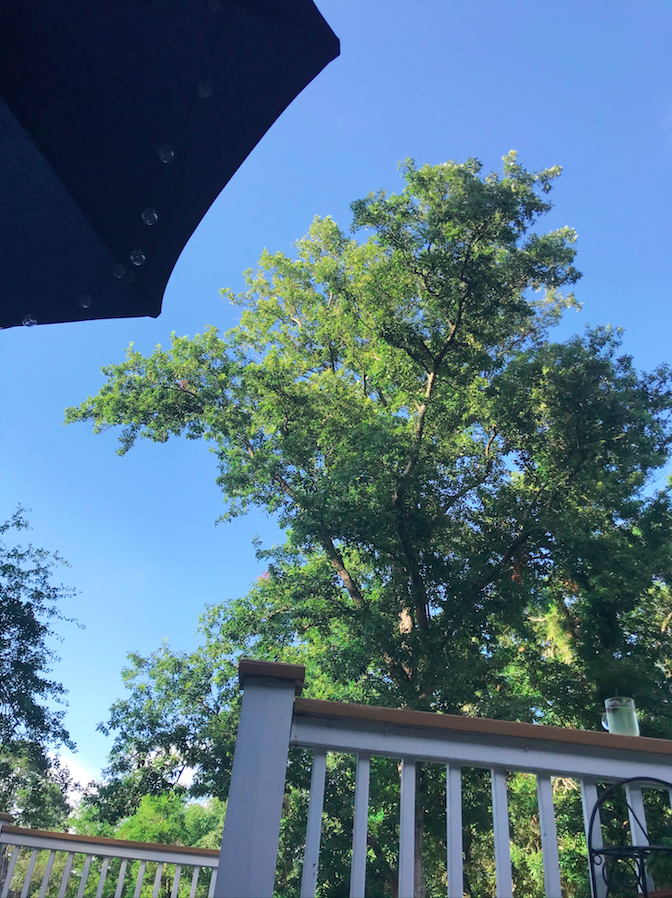
This is my favorite time of the year. The days are long and hot.
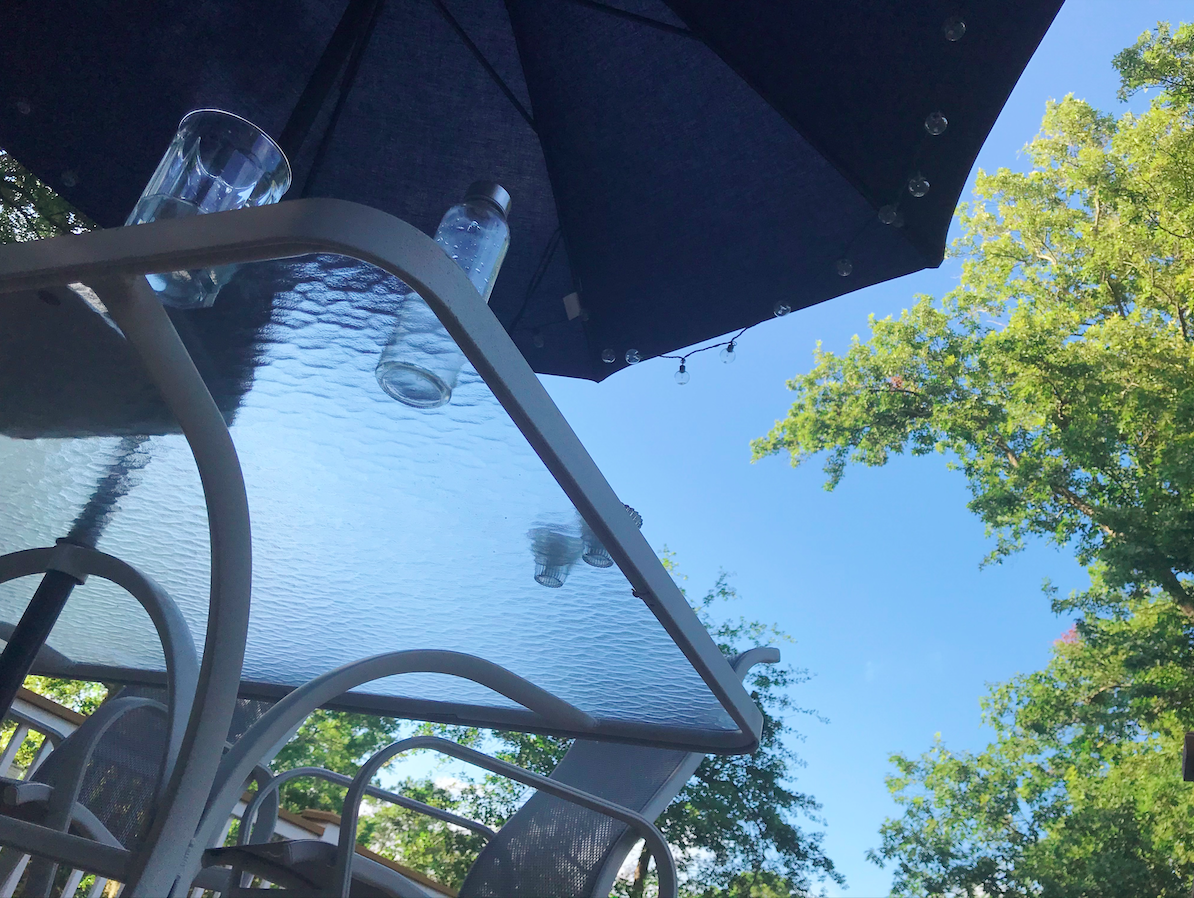
And the afternoon storms cool everything down.

"Lauren do you want to hang out with me?" "No, I don't like you."
Fair enough.
Last Saturday, Marlon and I got the Hobie cat out of the water under some precarious conditions. If you aren't familiar with where this boat came from, look at this.
Reasons why this could have gone poorly:
- Rudders do not stay down (difficult to steer)
- Mainsheet block is broken (difficult to power the mainsail)
- I'm an idiot and read the tide chart wrong (water is flowing in the wrong direction)
- It seems that every piece of metal on this boat is about to break (years in the marsh will do that)
Fortunately, the two of us were able to navigate it through the marshes and safely to the landing.
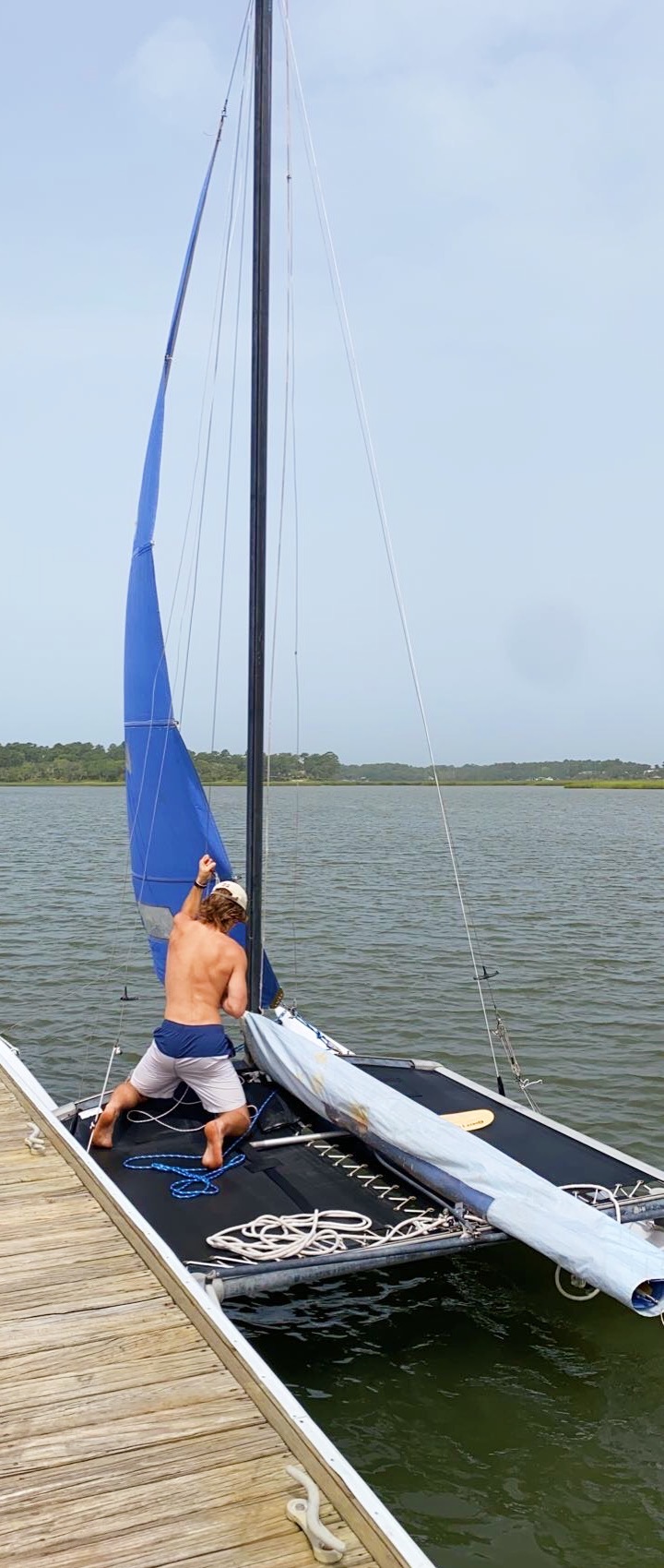
As usual, it was a lot of fun.
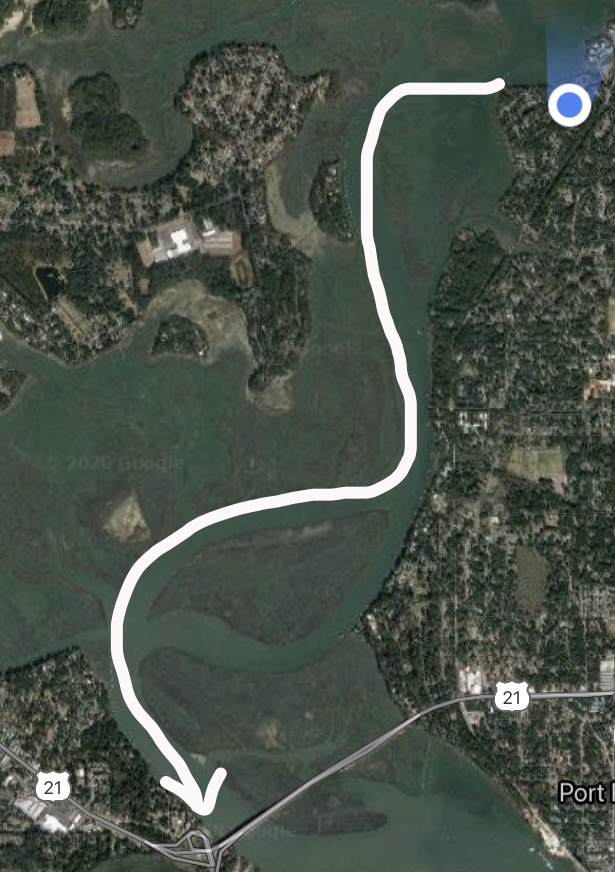
The worst thing that happened was that I got a gnarly ropeburn.

And we skied the main halyard... oops.
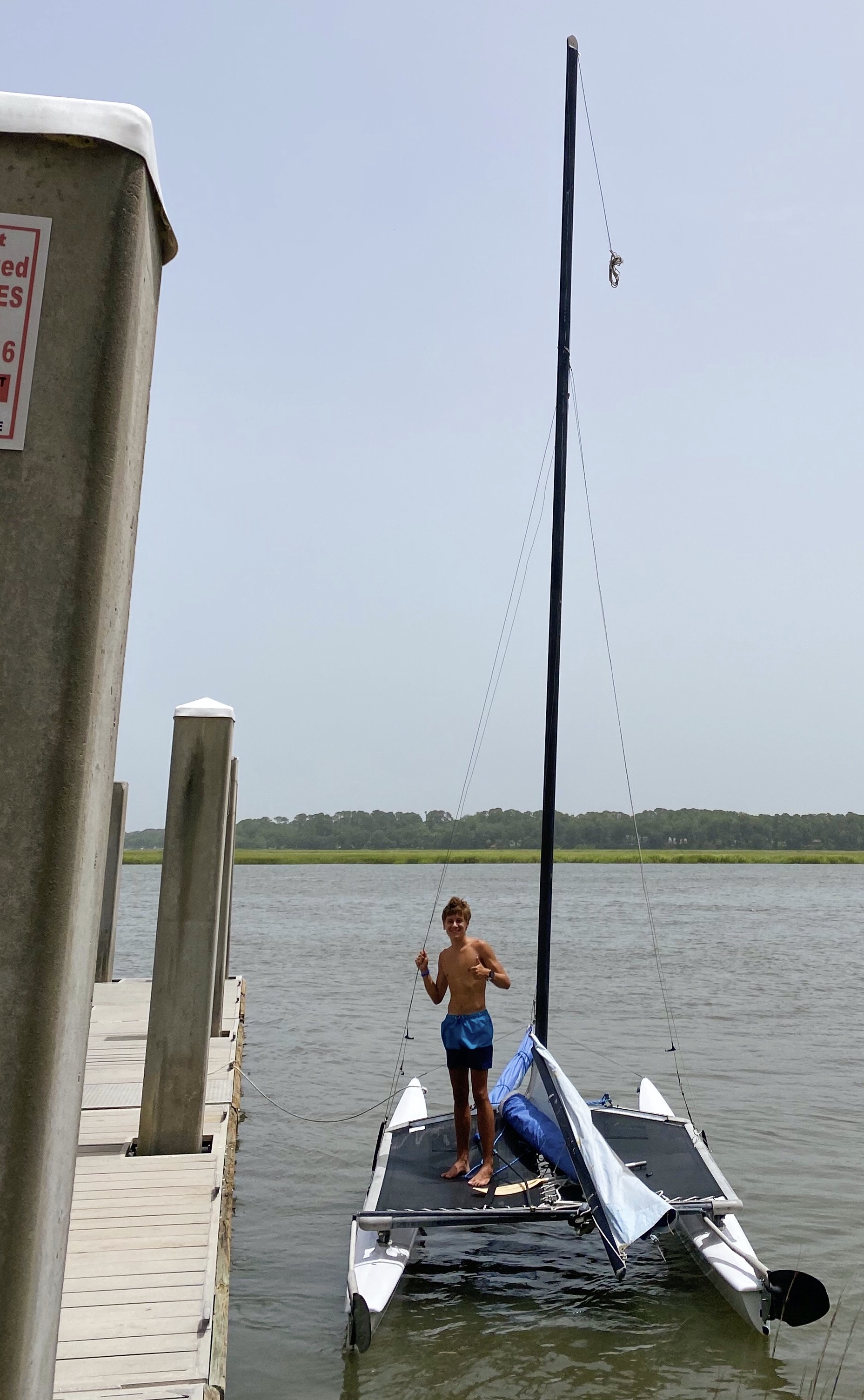
Hunting Island
is a very cool place. On Hunting Island there are three distinct areas.
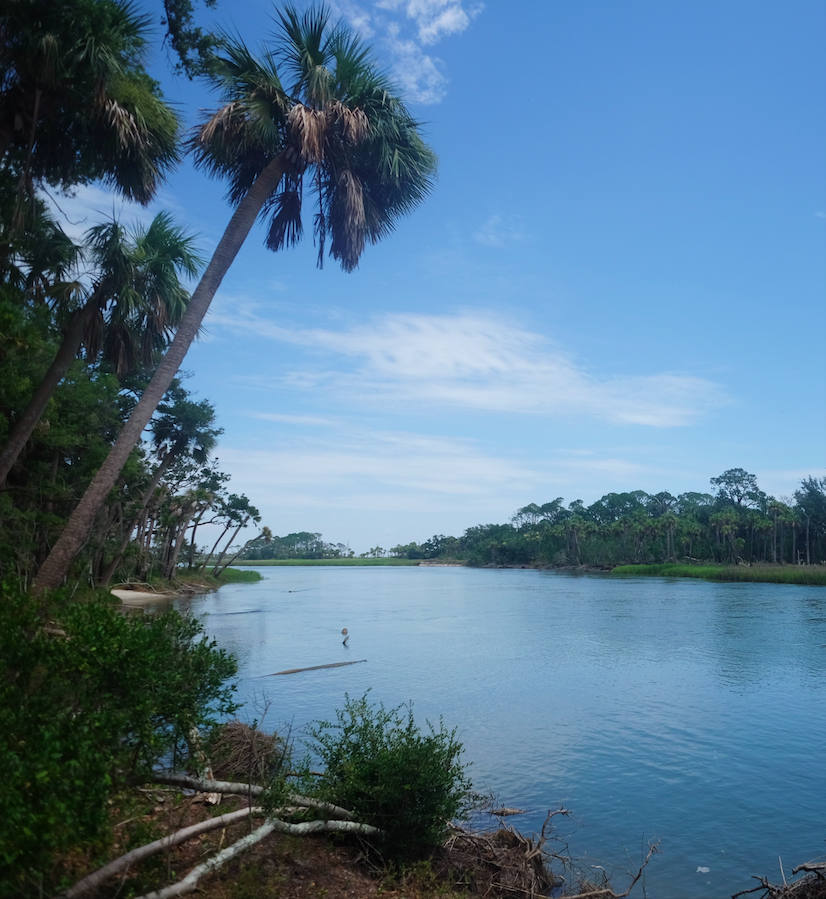
From west to east, we've got the maritime forest, the marsh lagoon, and the beach.
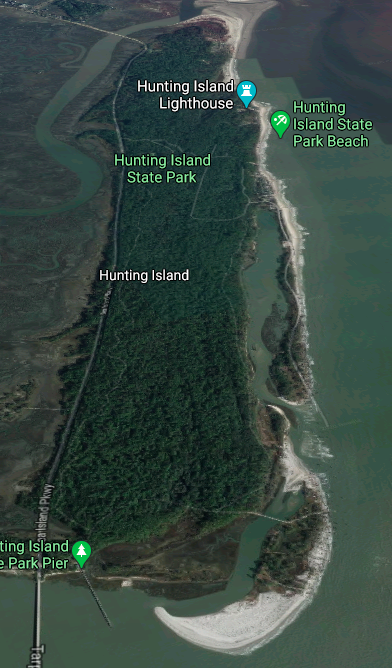
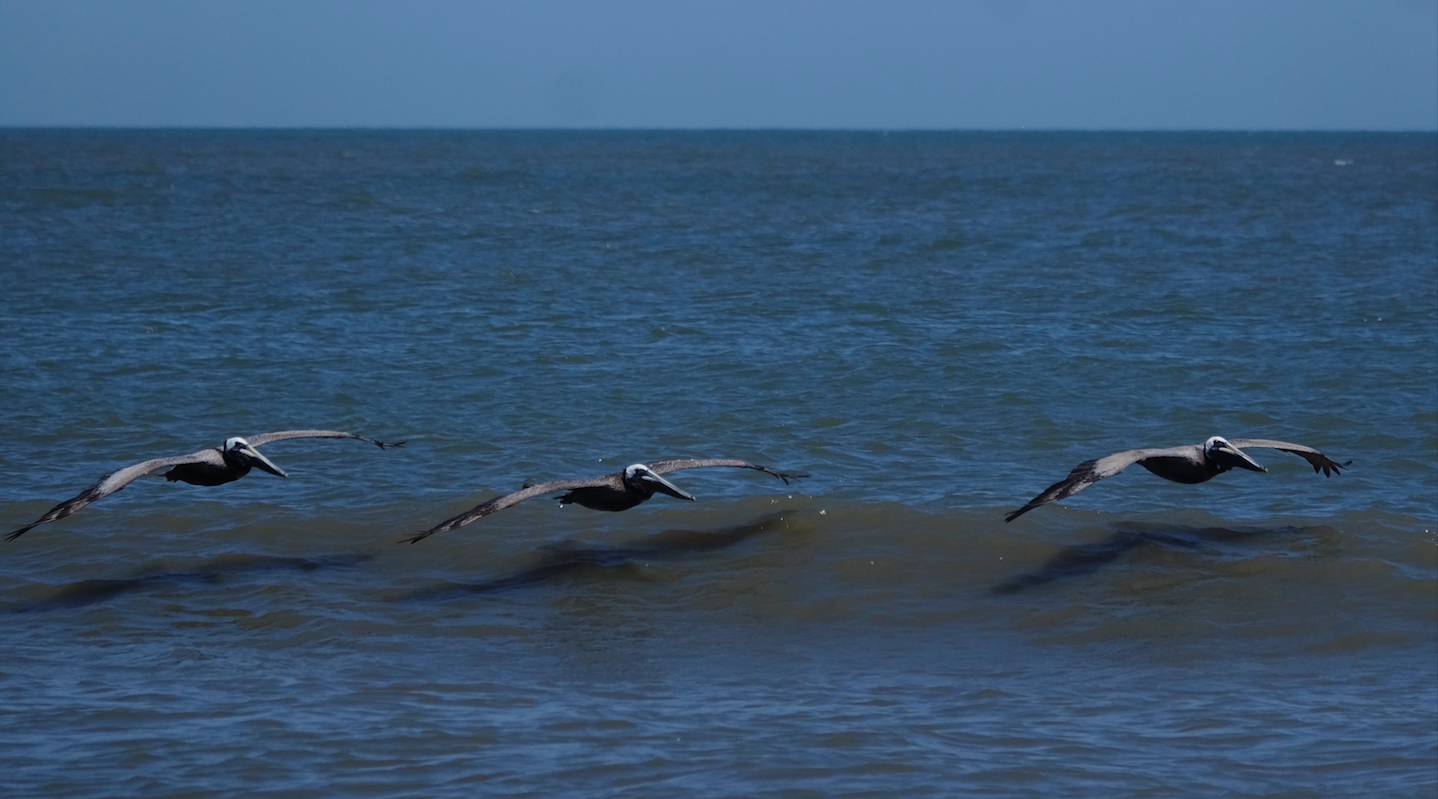
Much like Hunting Island, the world we experience can be reduced to three constituents: chaos, order, and the process that mediates between them.
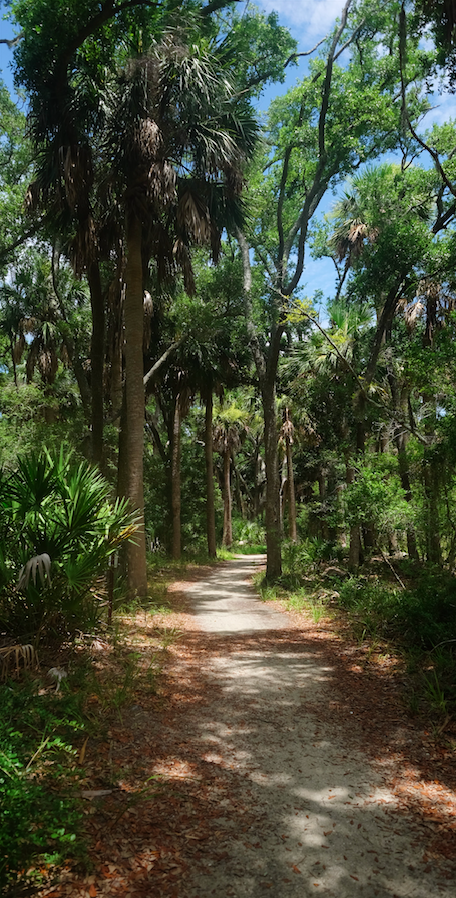
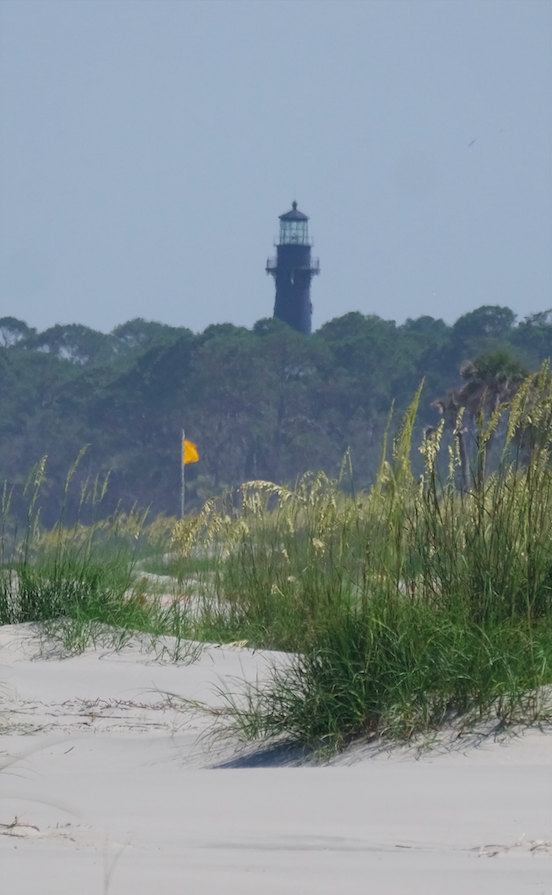

You can pick out elements of the world and drop them into these categories, because you know what goes where.
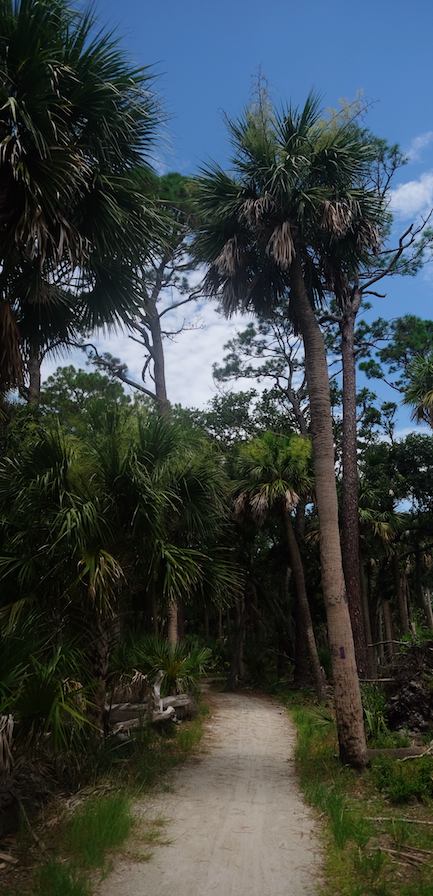
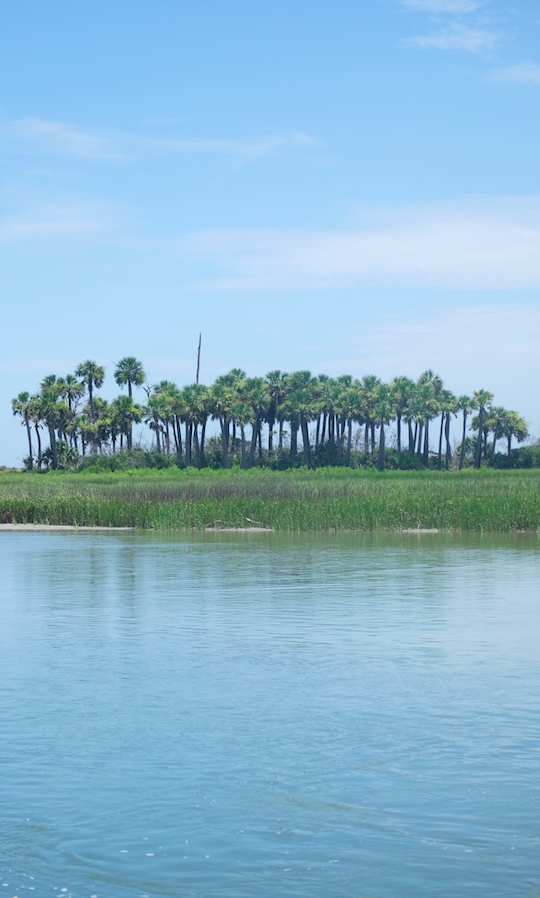
Chaos is uncomfortable, the unknown and unexplored, and things that are in disarray and constantly changing.
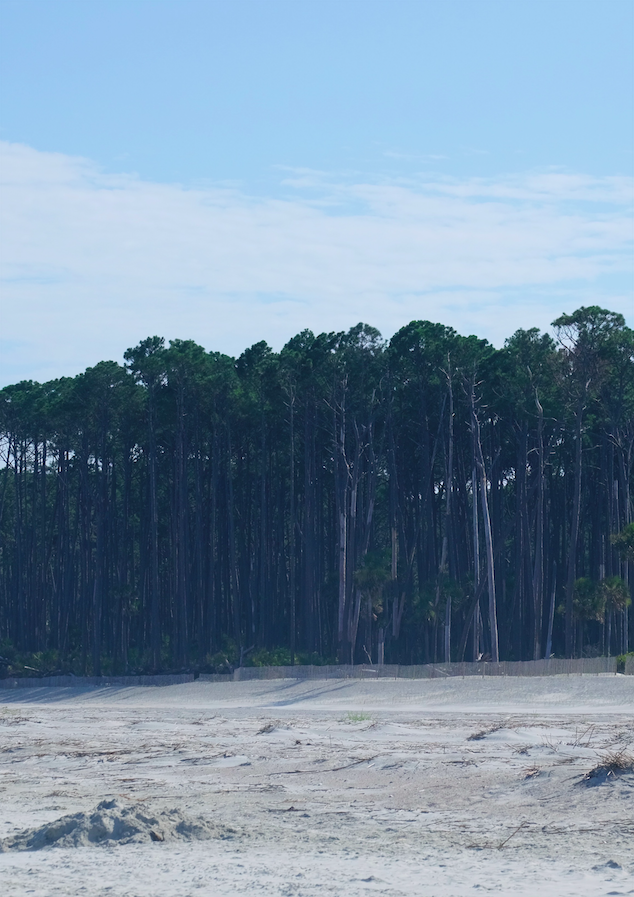
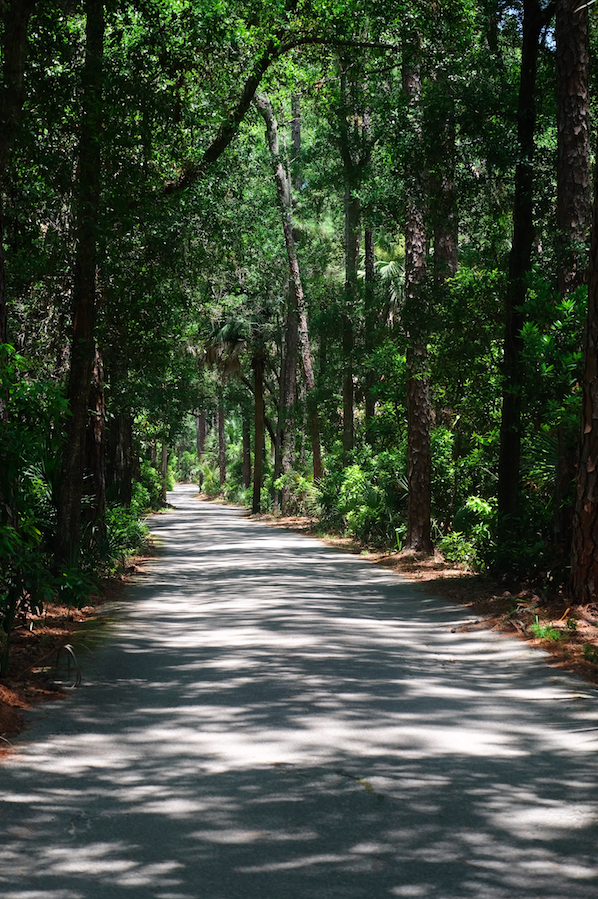
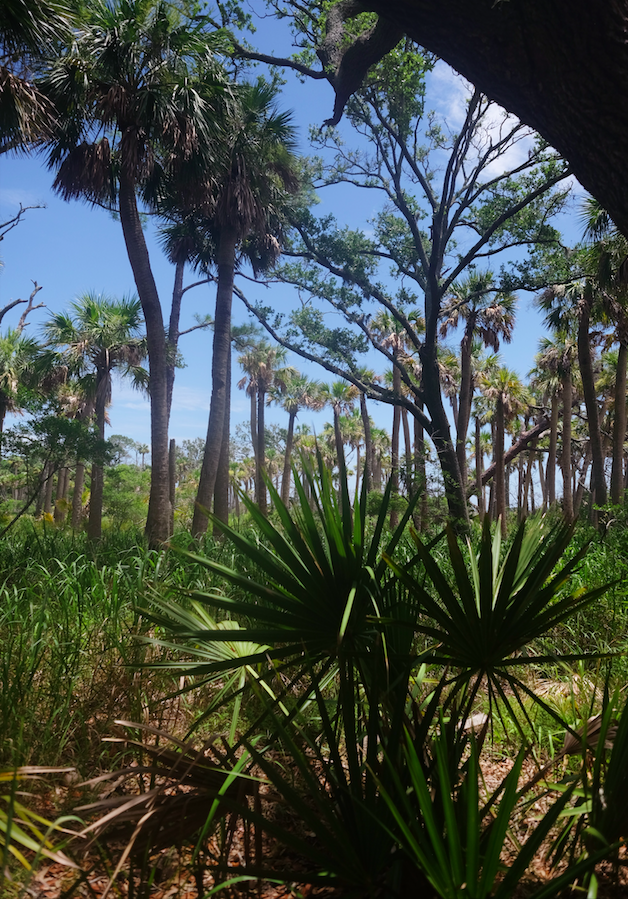
Order is expected. It's rules and certainty, structure, tradition, and followed procedure.
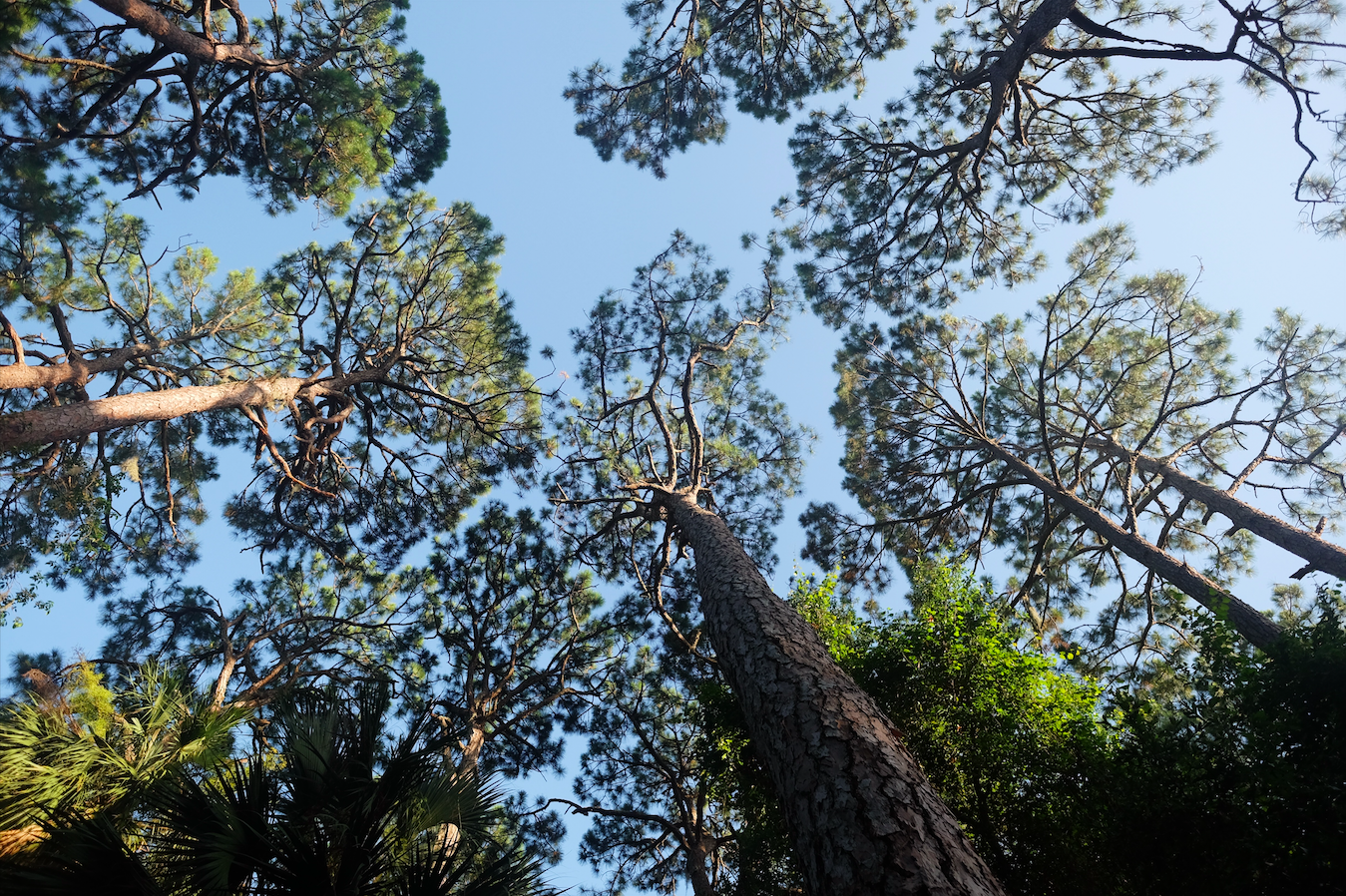
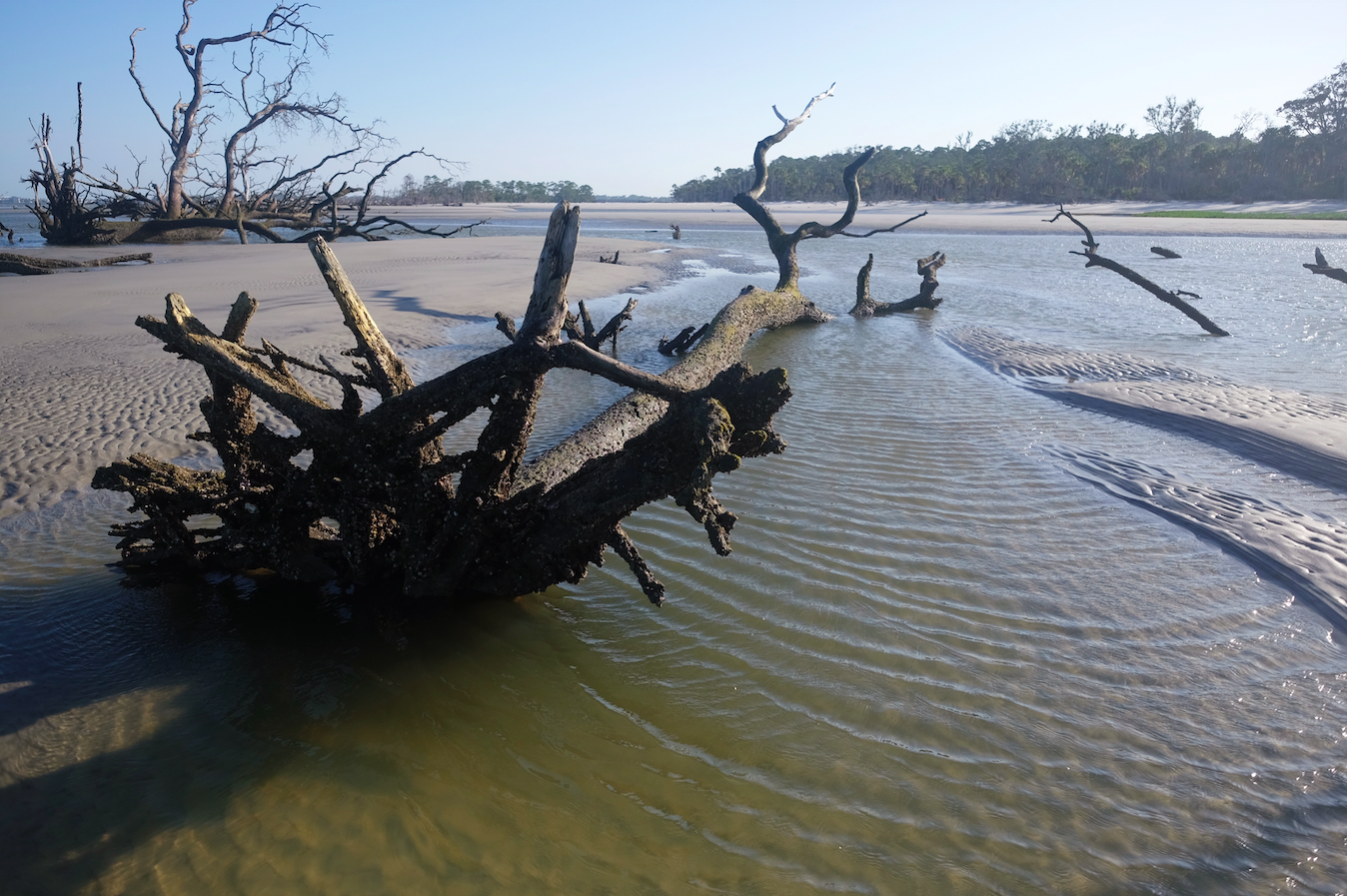
As living things, we depend on order, and we mediate between it and a world of chaos.
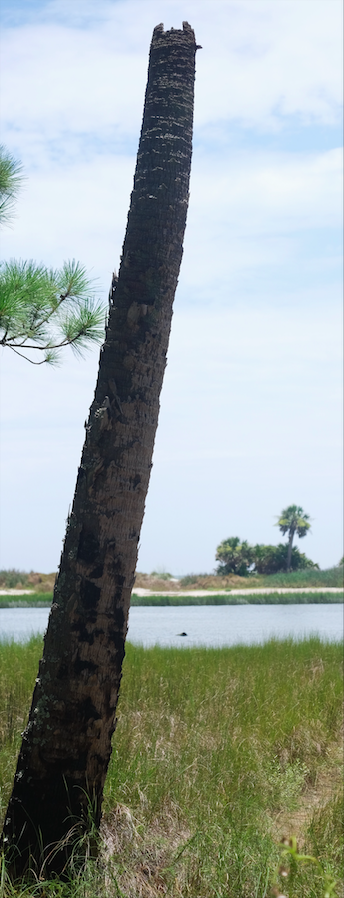
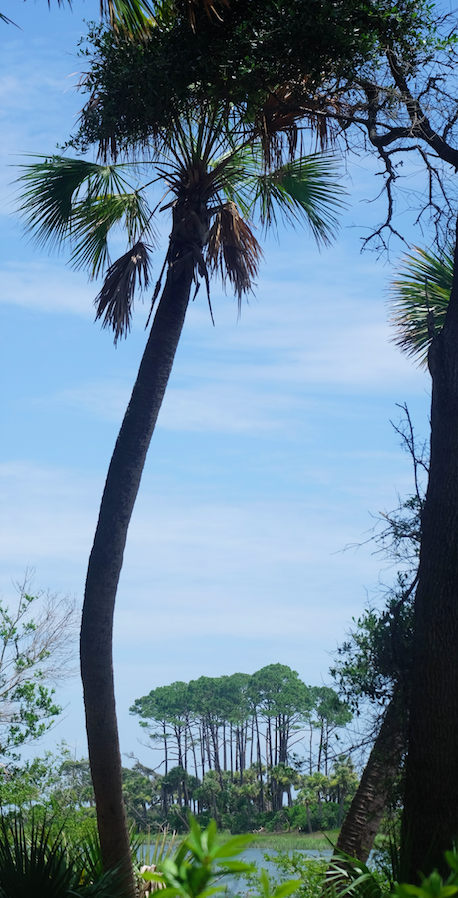
The ocean is definitely chaos.
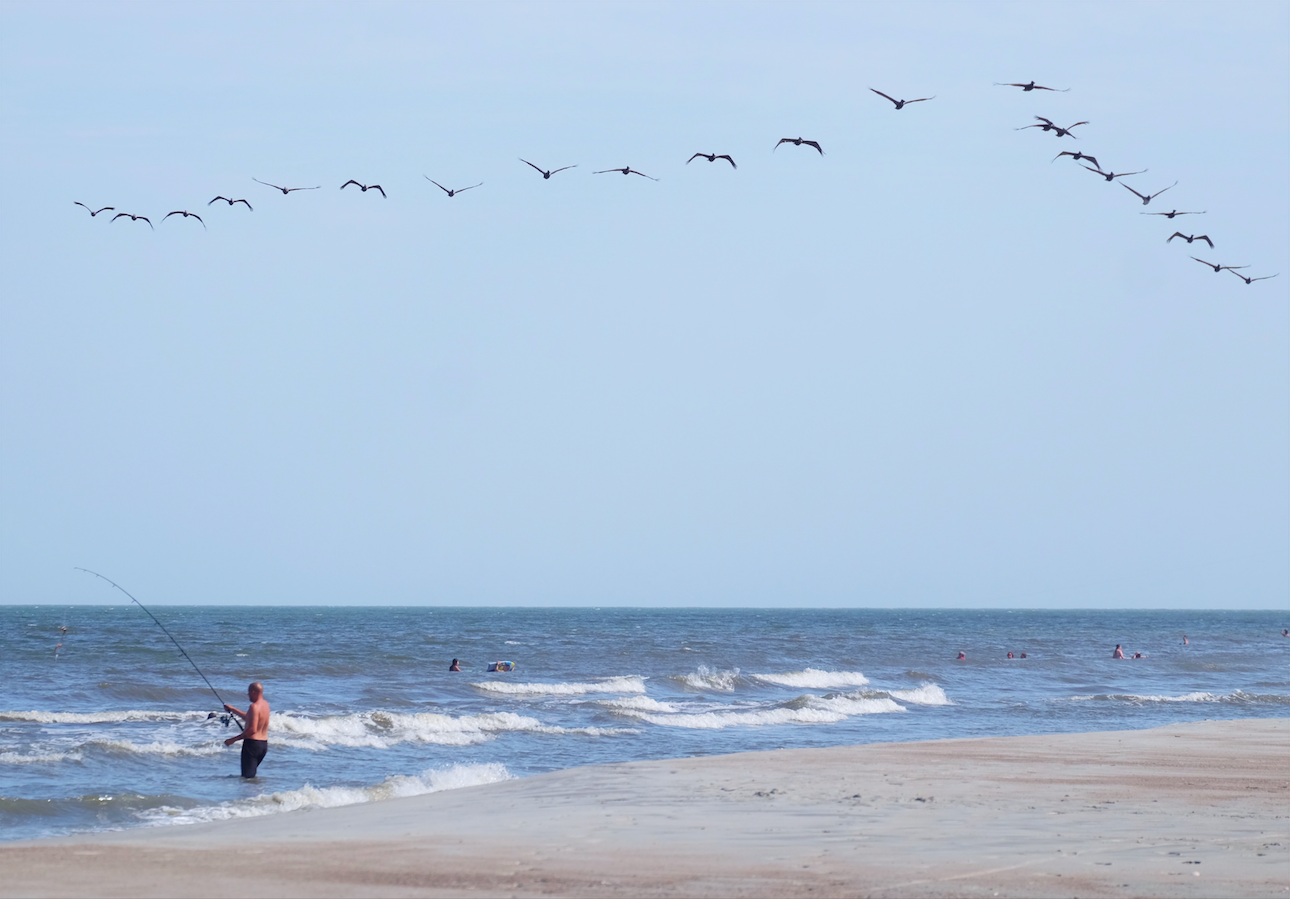
And the forest is definitely order.
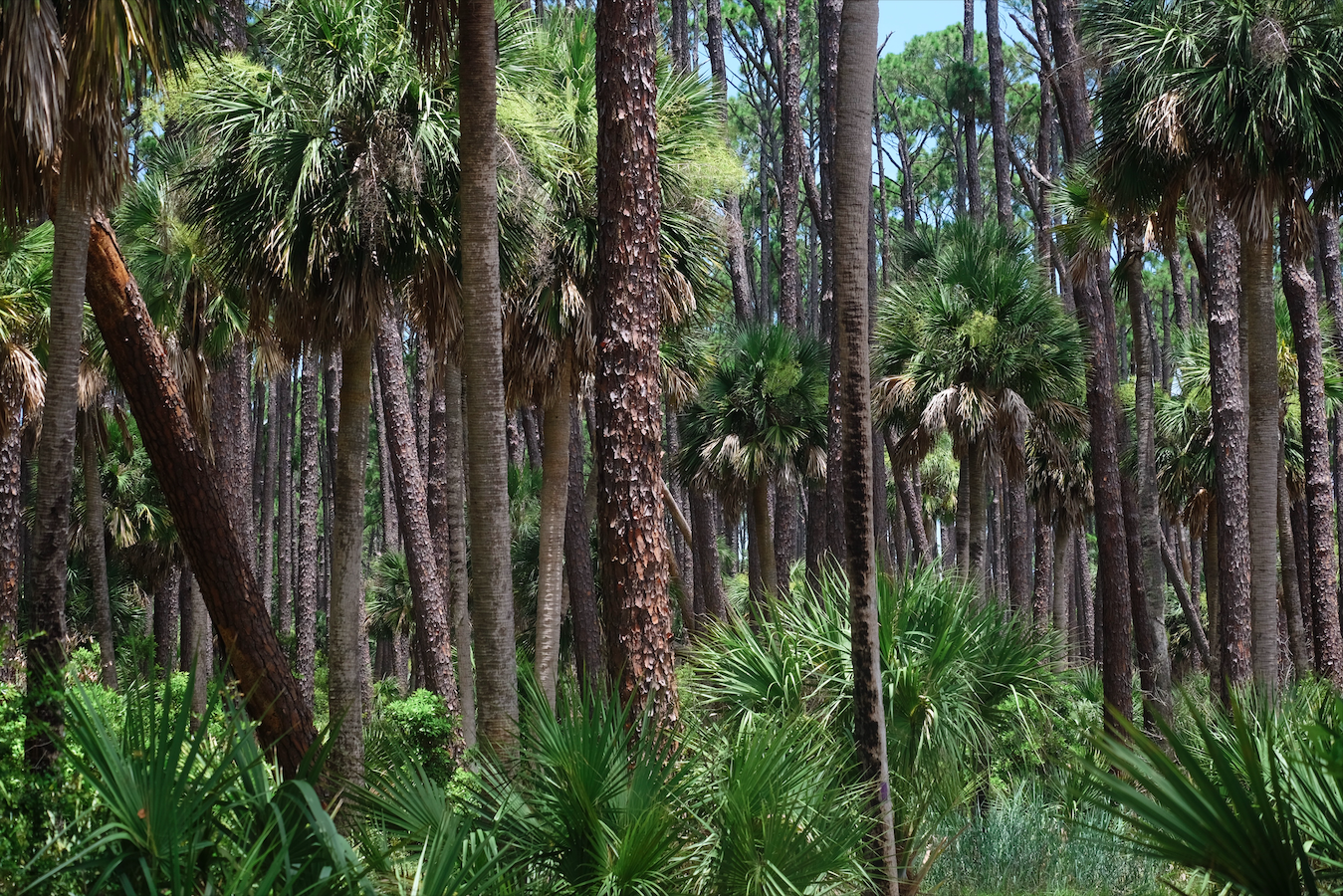
And the lagoon... well, somewhere in between.
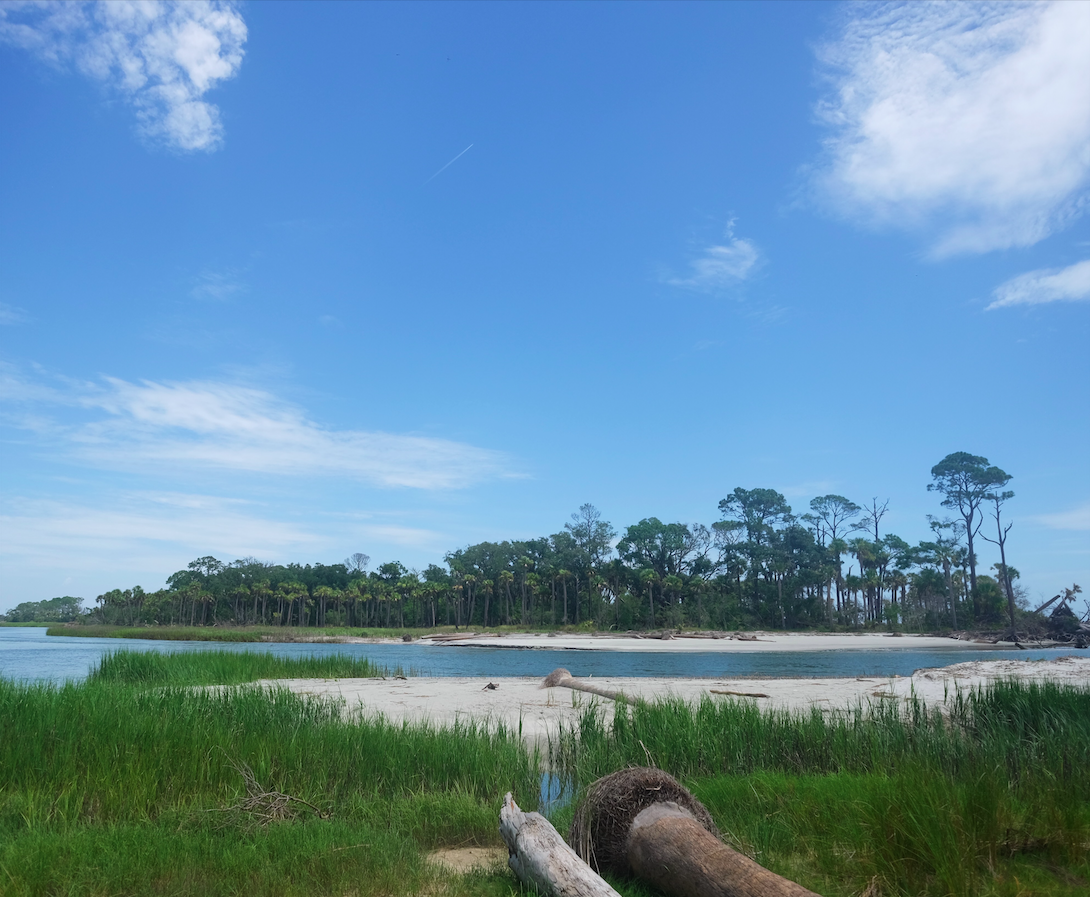
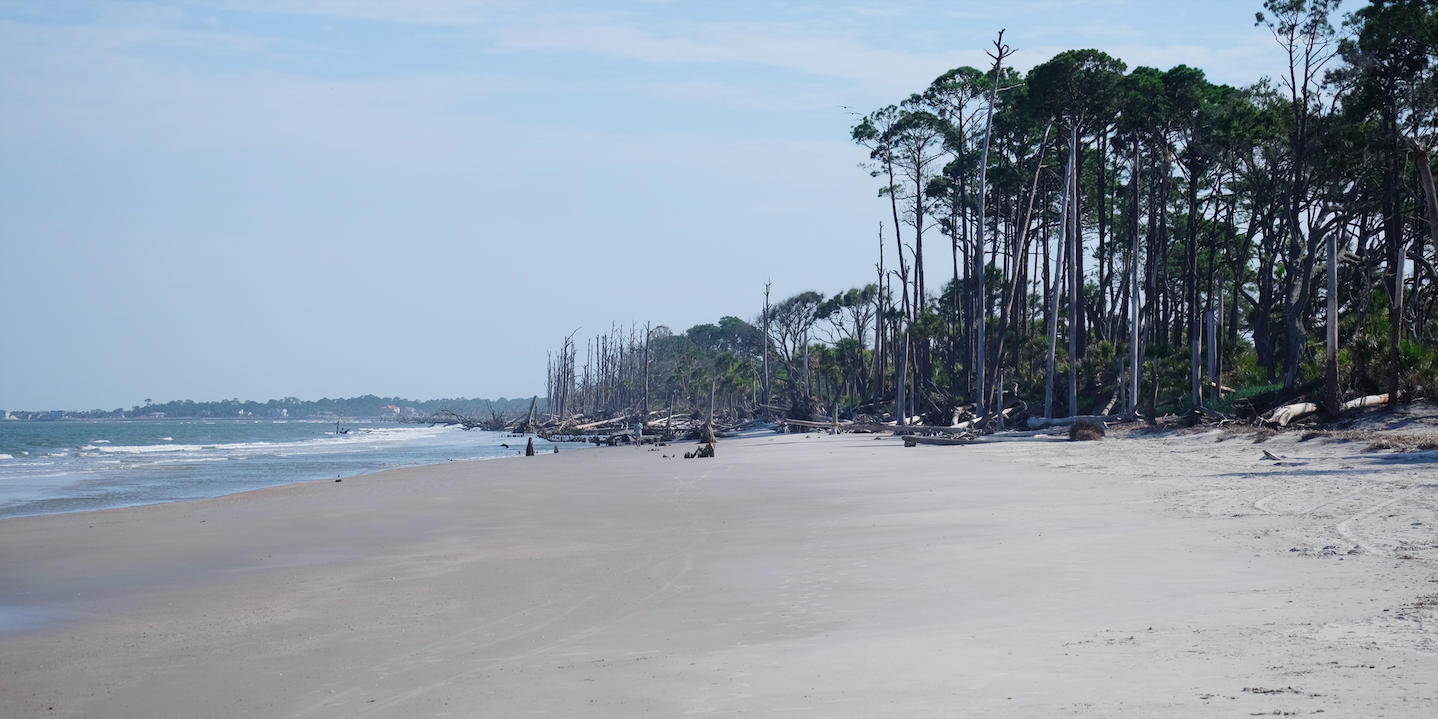
On Hunting Island, the relationship between chaos, order, and consciousness is profoundly evident.
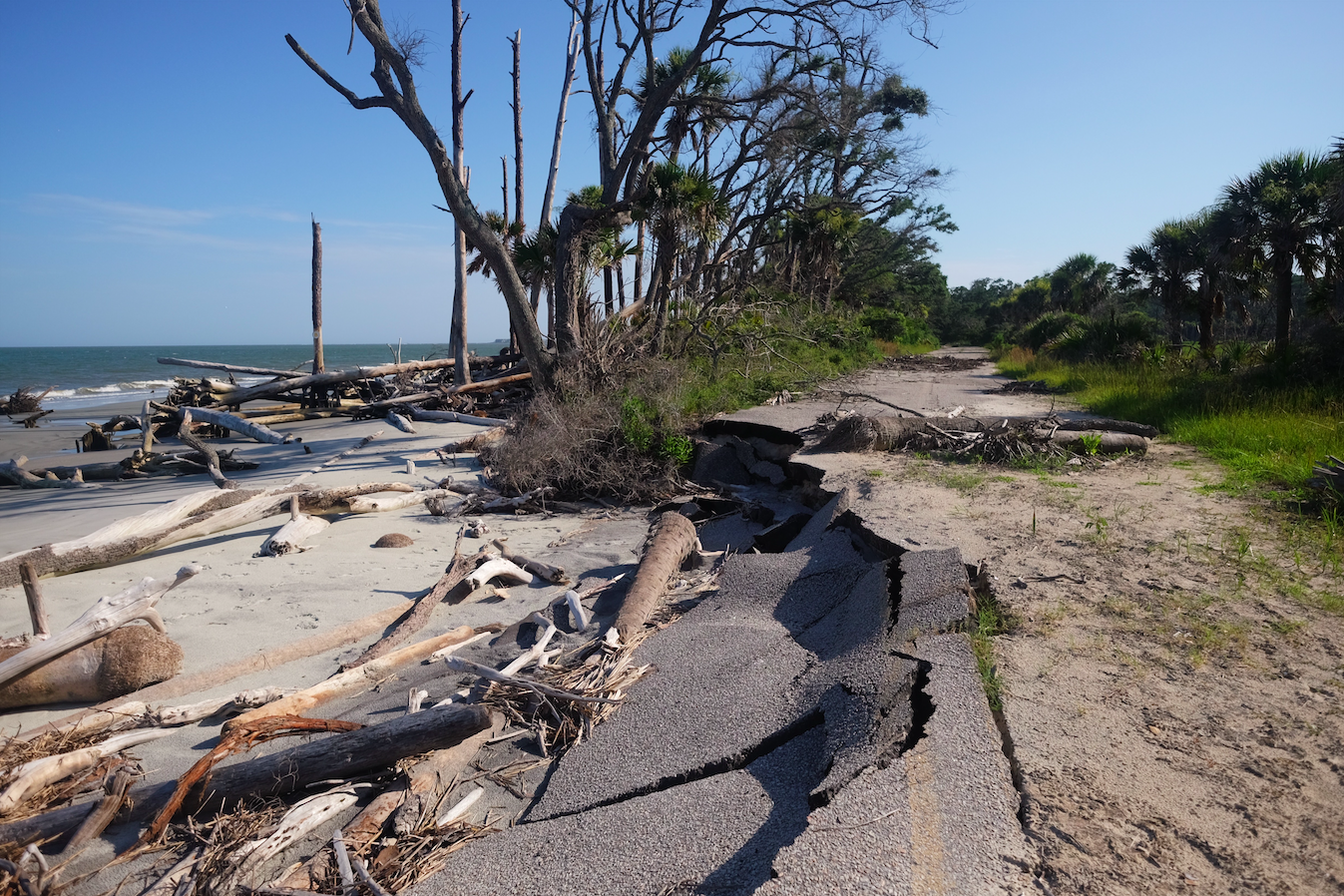
Hunting Island has been the victim of some serious erosion (chaos).
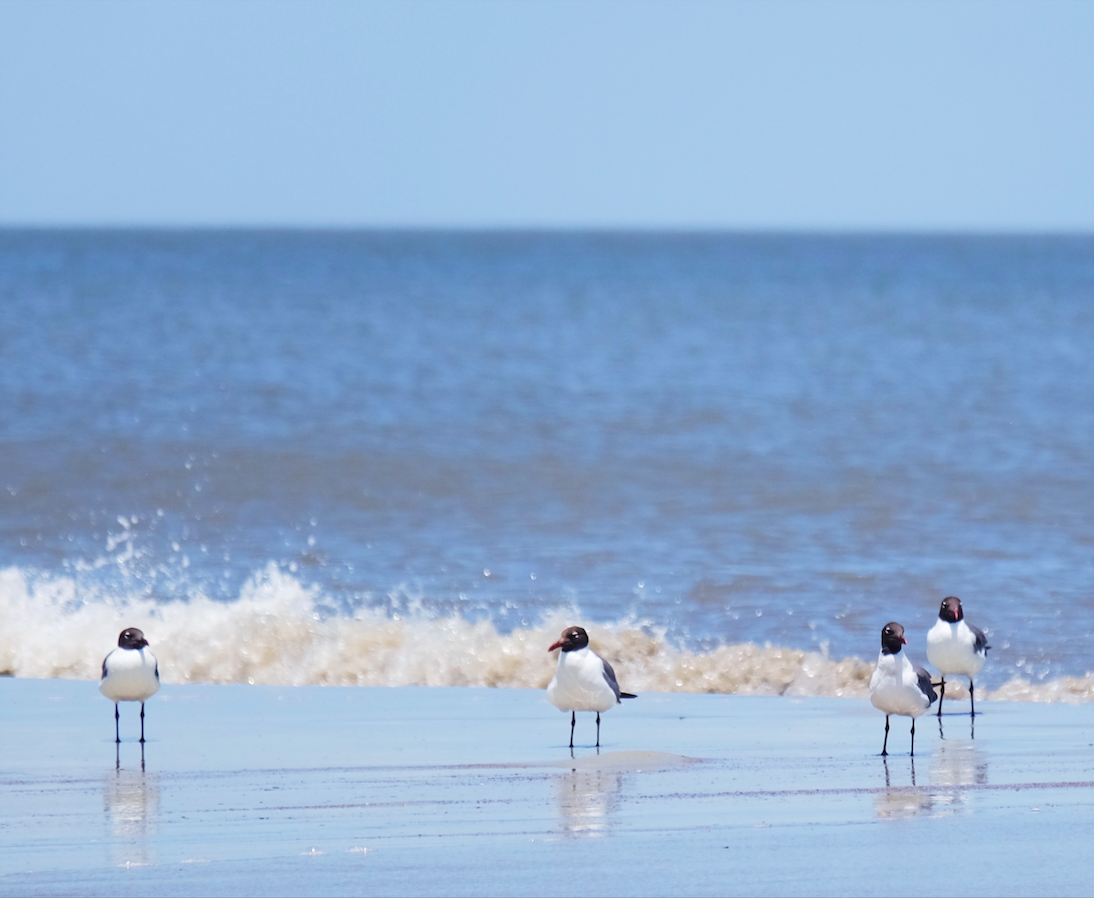
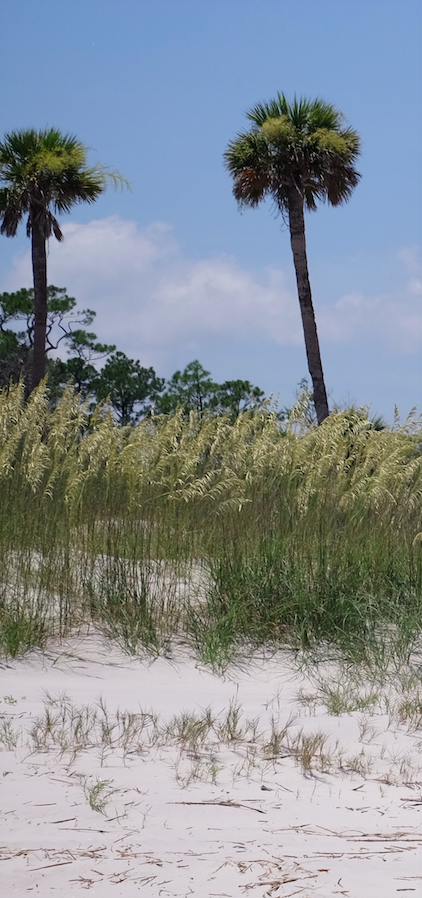
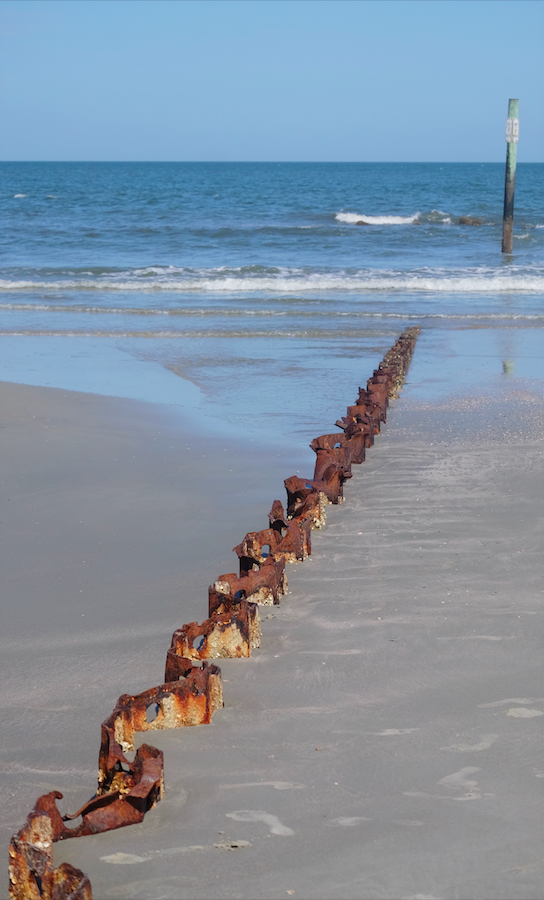
And humans have fought like mad to keep the beaches intact (order).
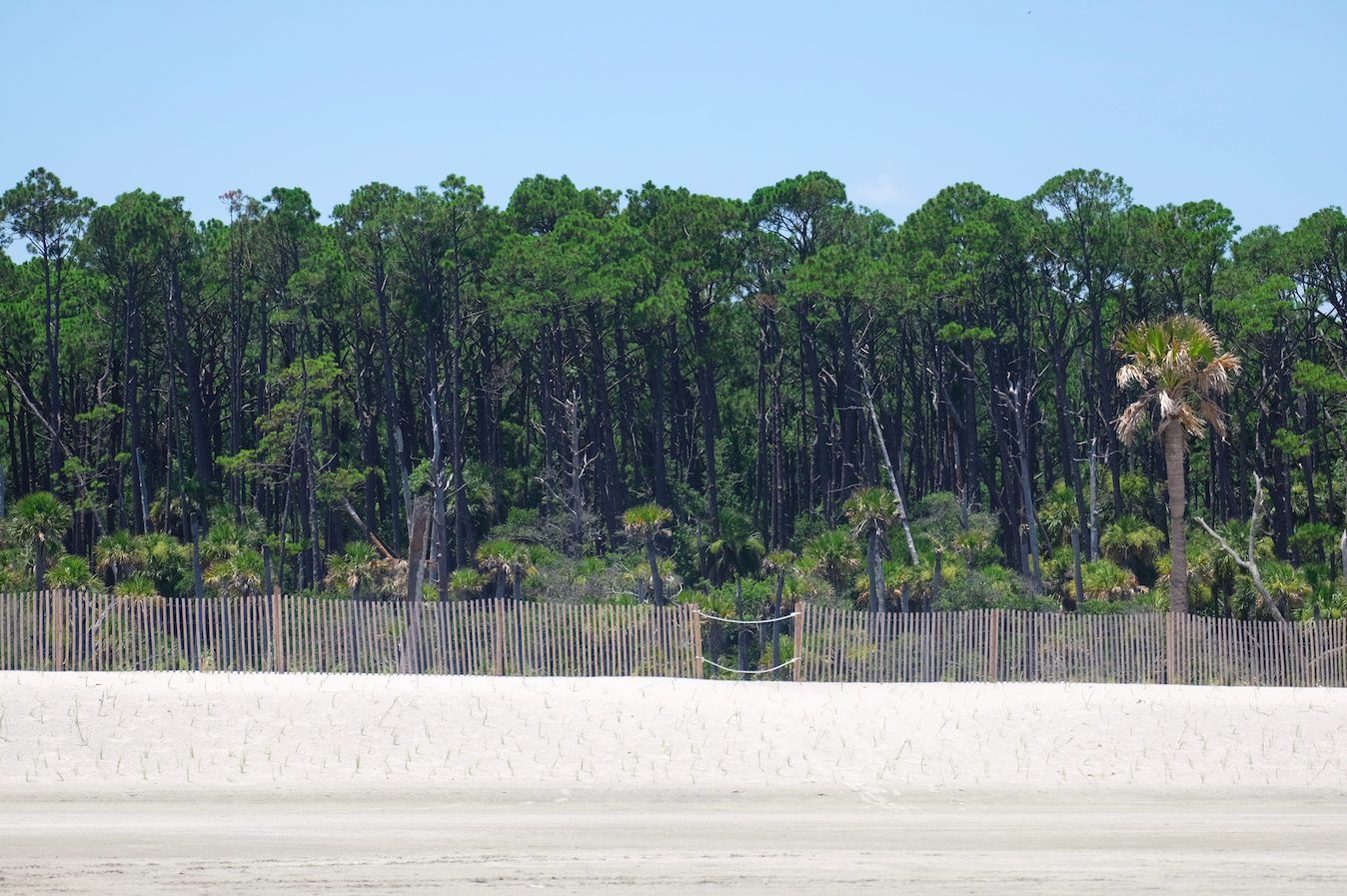
But is the advance of wind, tide, and waves inevitable, or can humans actually preserve this place?
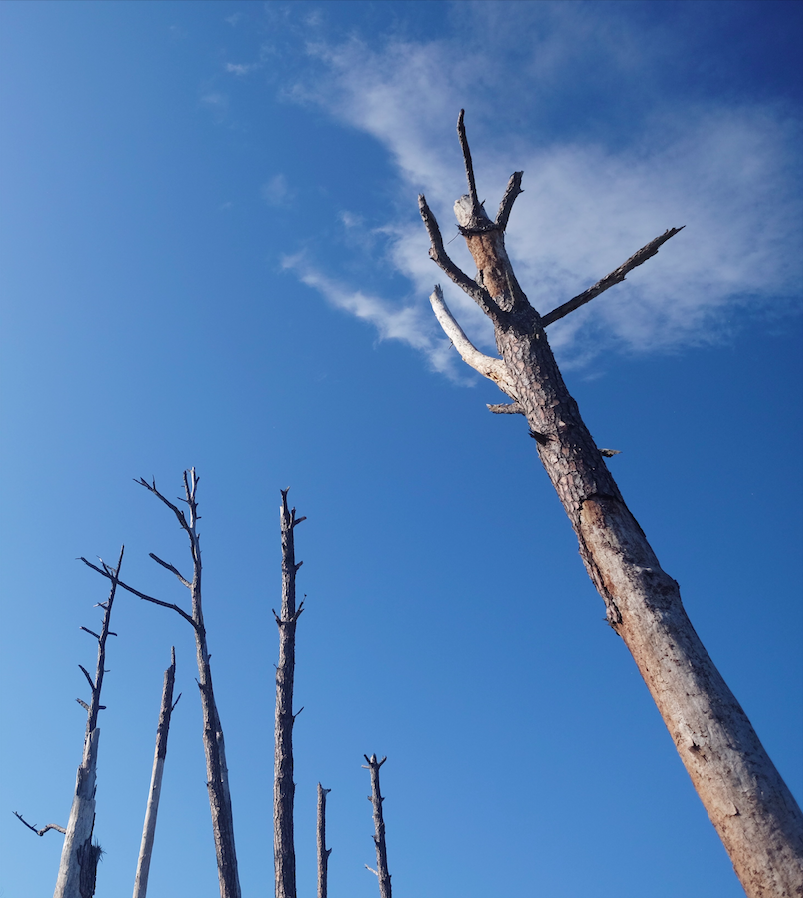
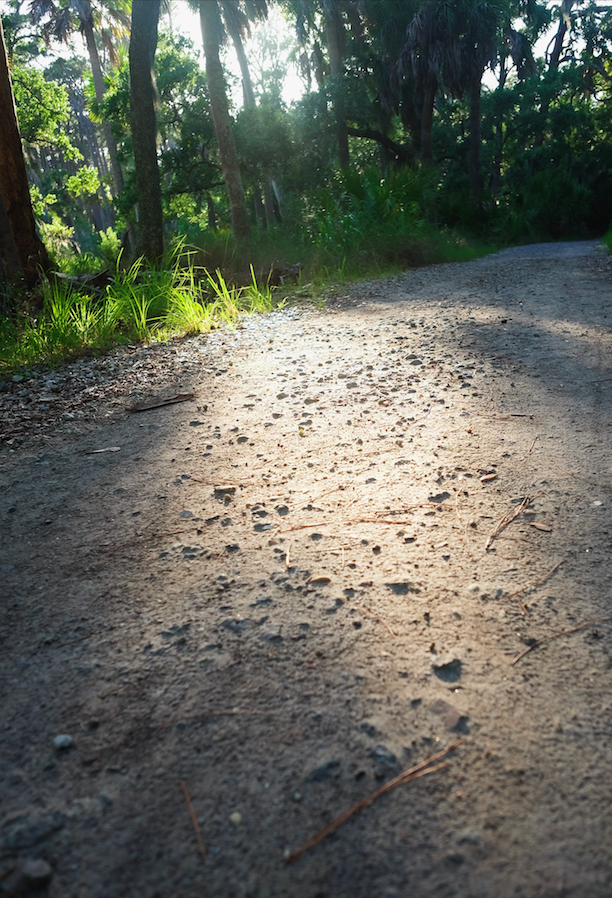
One way to think about the world is as a collection of things that are already set in motion. In this view, everything around you can be broken down into its most basic parts (molecules, atoms, protons, quarks...) and their trajectories can be described with math.
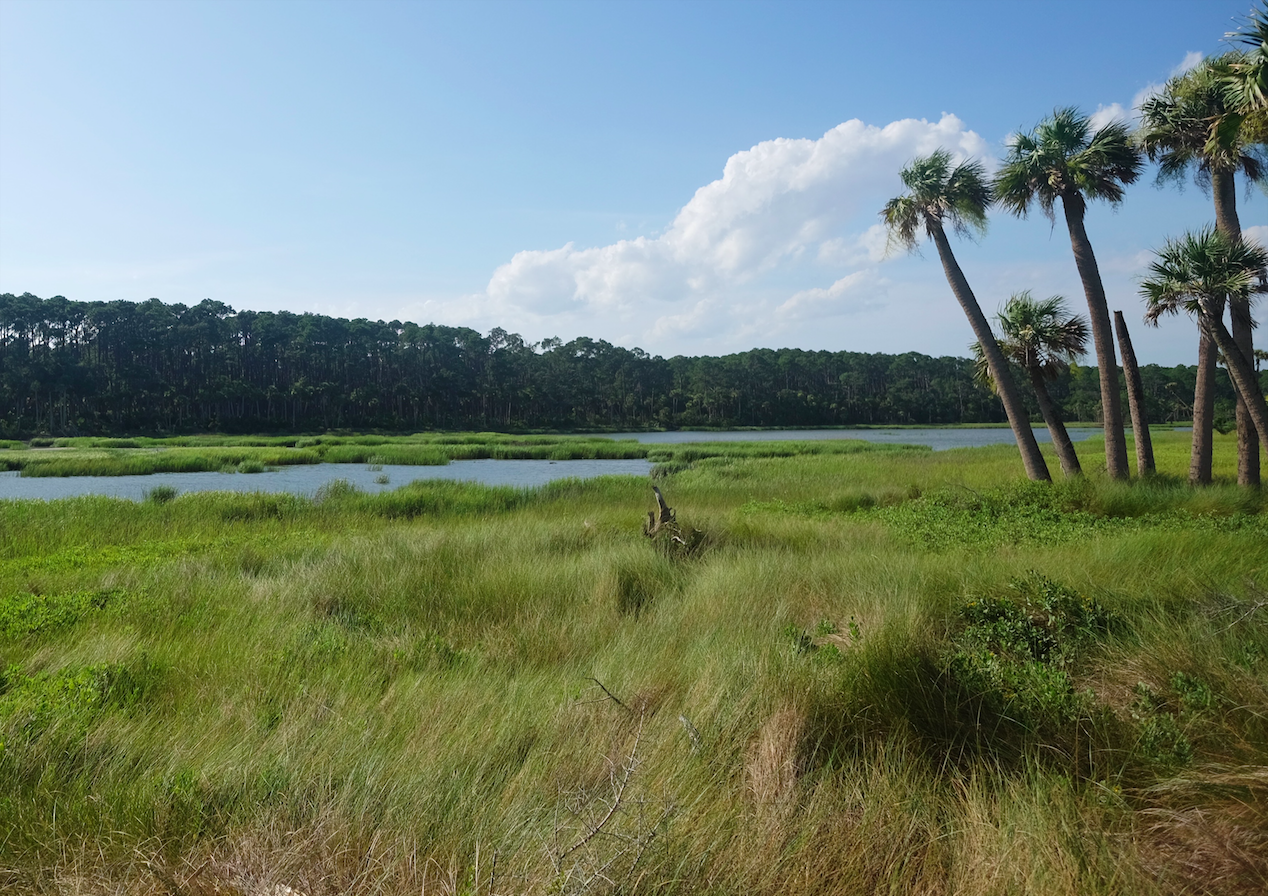
If you somehow found out the position and momentum of all things, then you could predict where the things are headed, and further, what will happen to them in the future.
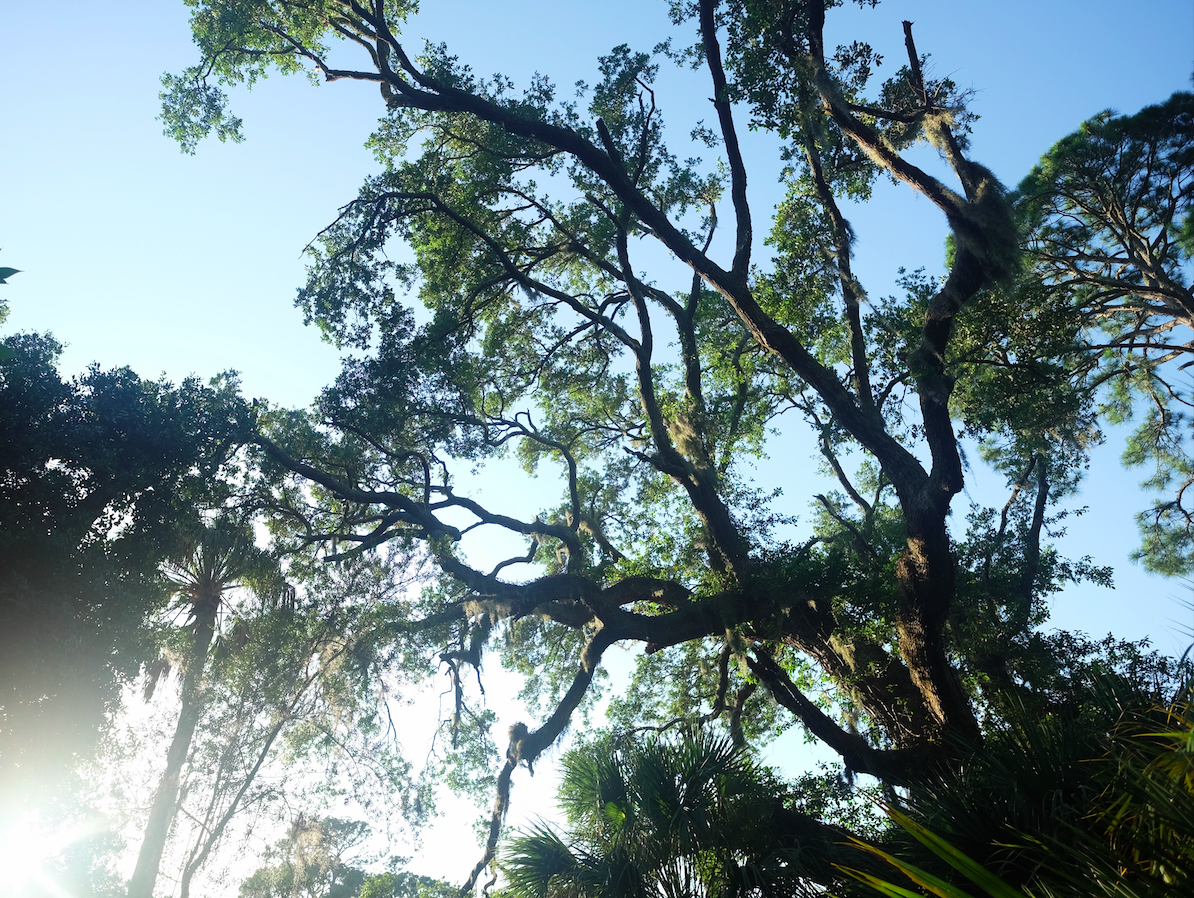
(That's what kids should be told when they're learning math in school, because it's true -- you're learning how to predict the future.)
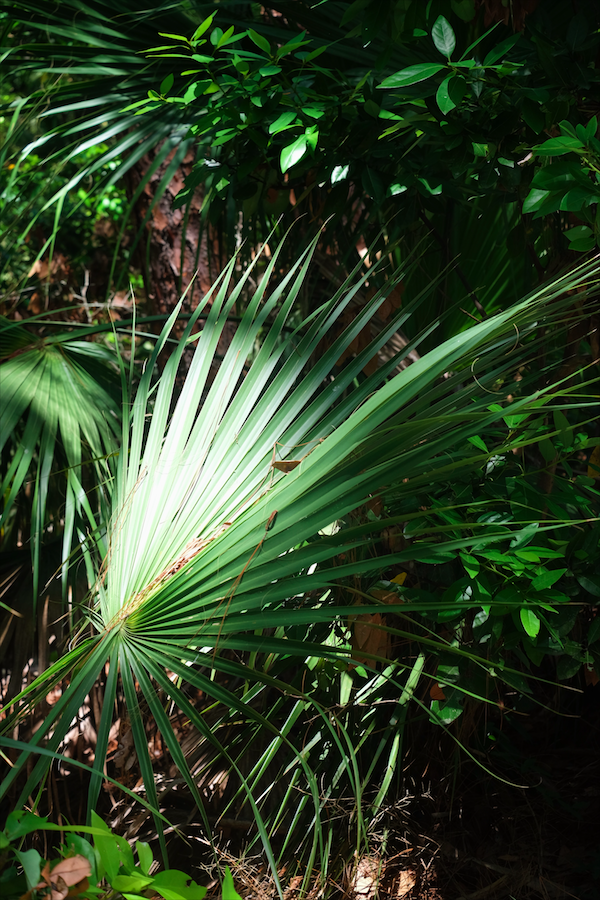
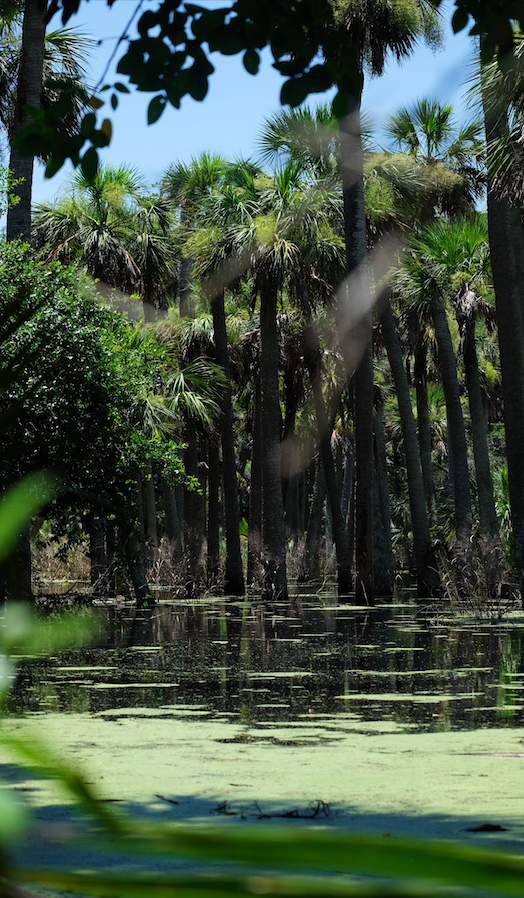
That is, of course, if you can know the infinitely exact position and momentum of each thing, which we can't. There will always be some error, no matter how small, and consequently your prediction will not be perfect.
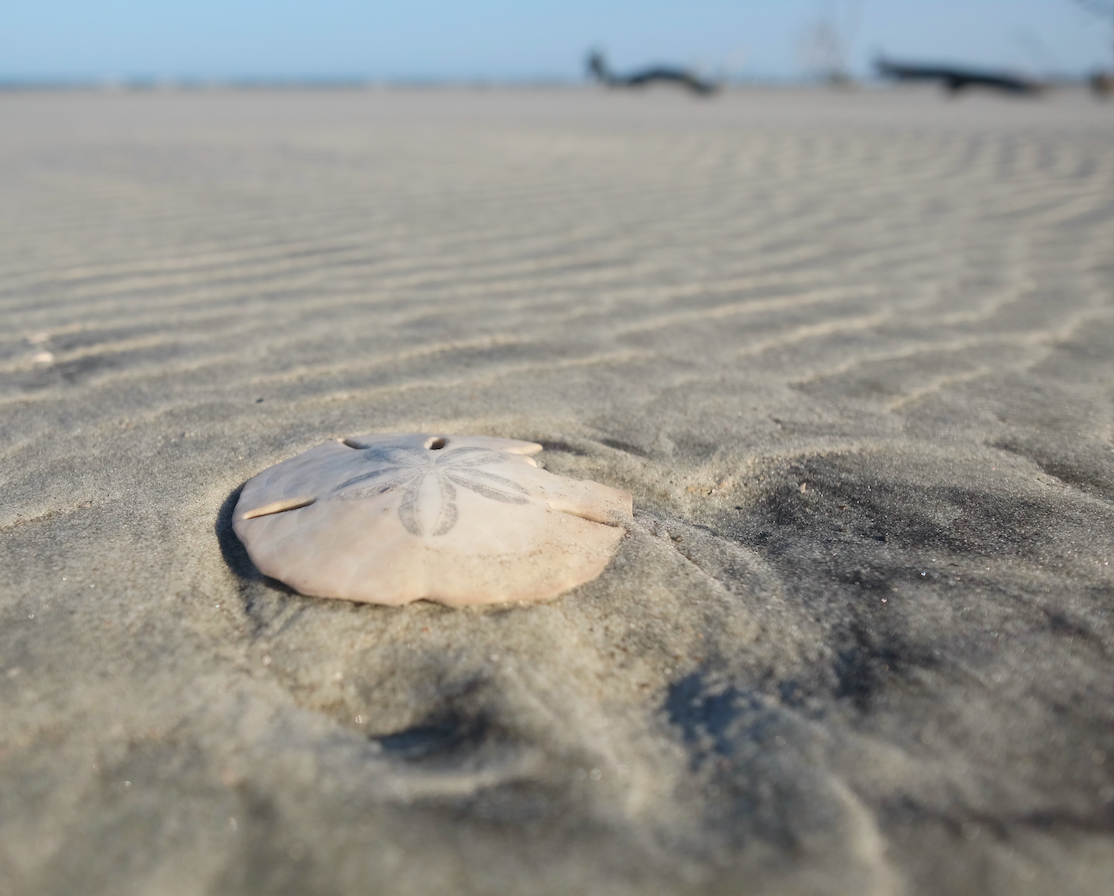
But it shouldn't matter, because even if we can't have the infinitely precise measurements we need, surely they exist. The precise values characteristic of these things, and the path that all these things will take, is already set, and there's nothing you can do to change that because you're one of them too.
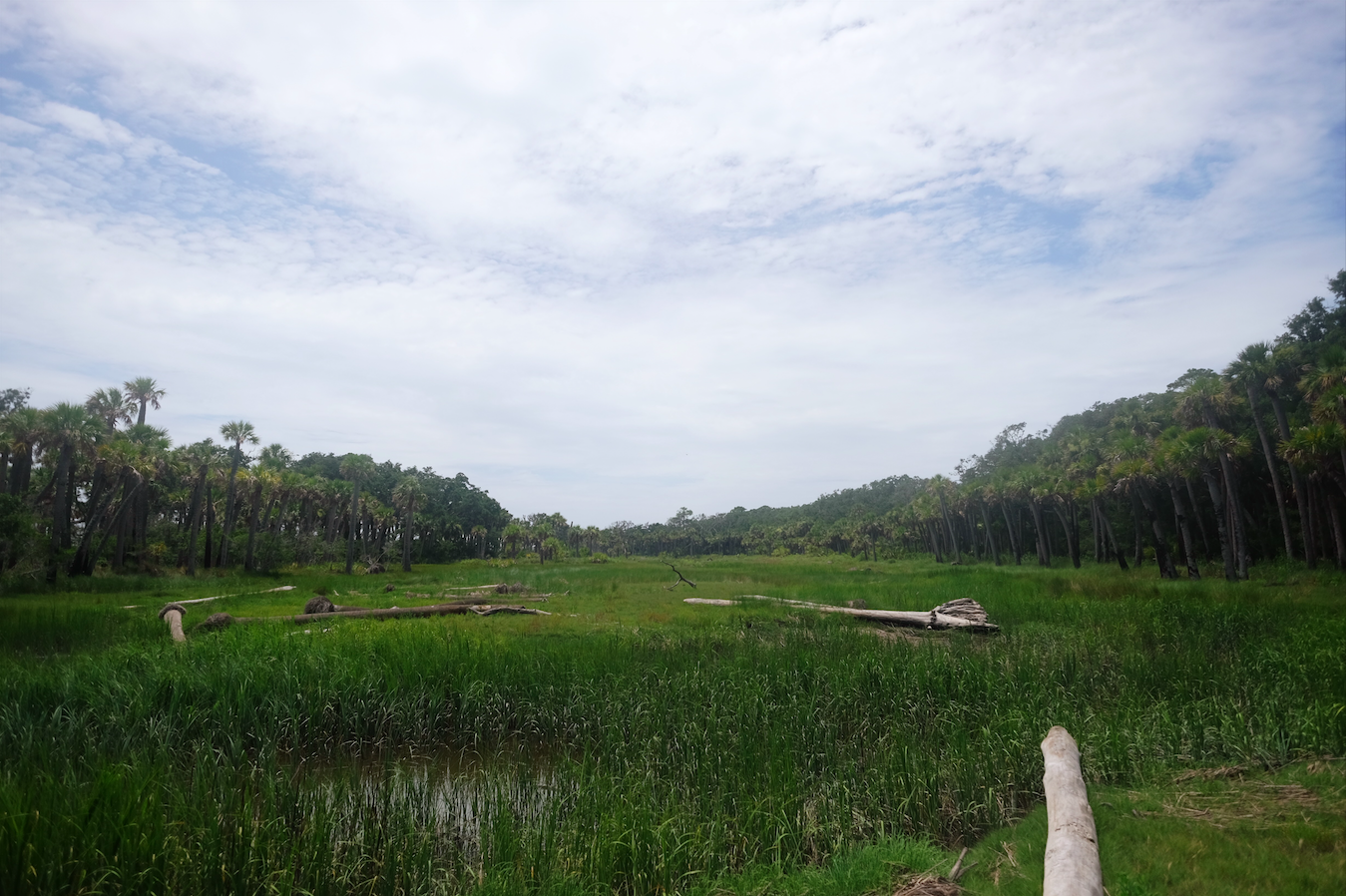
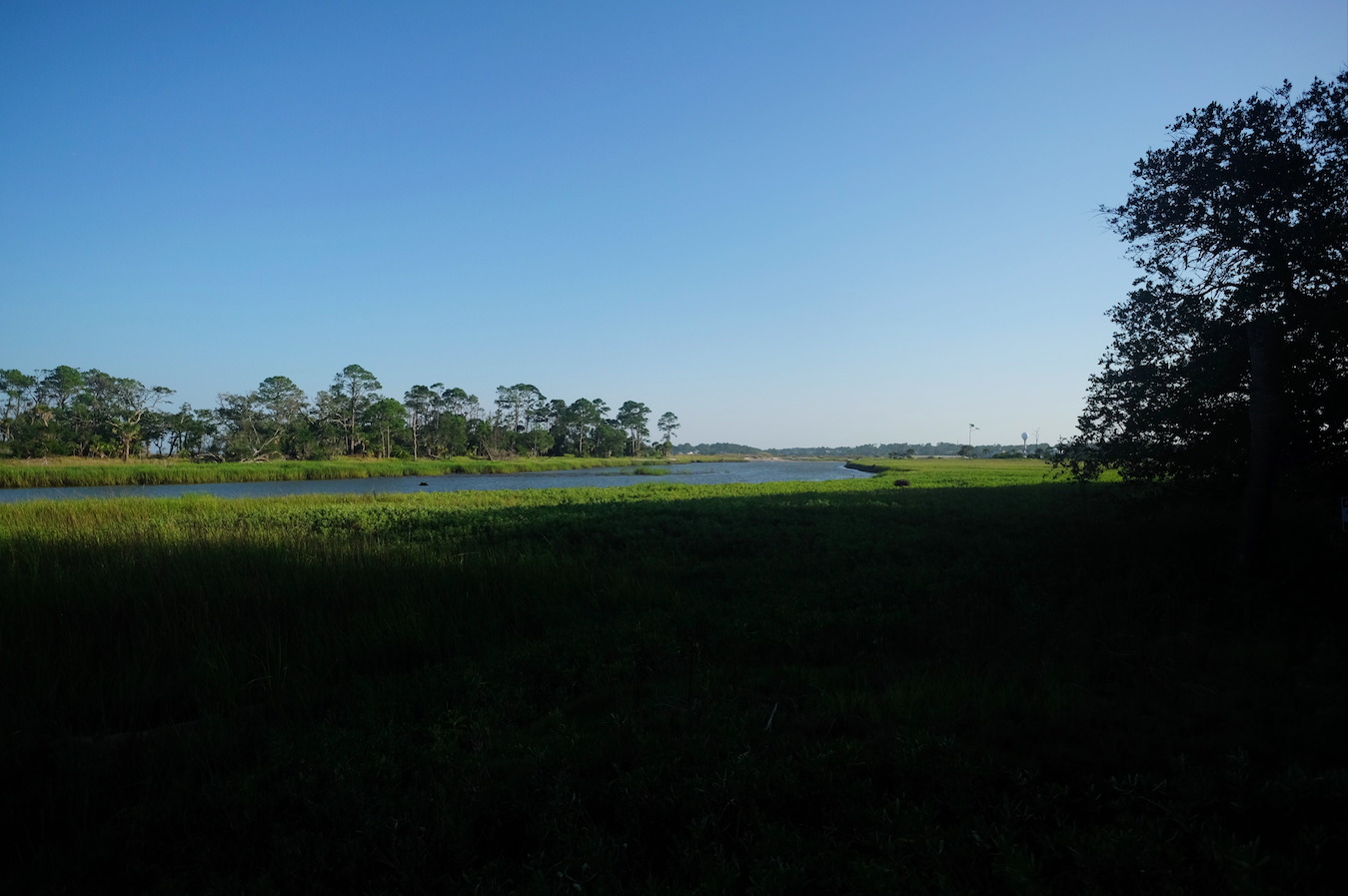
This line of reasoning is called determinism, and it's something that I believed for a while.
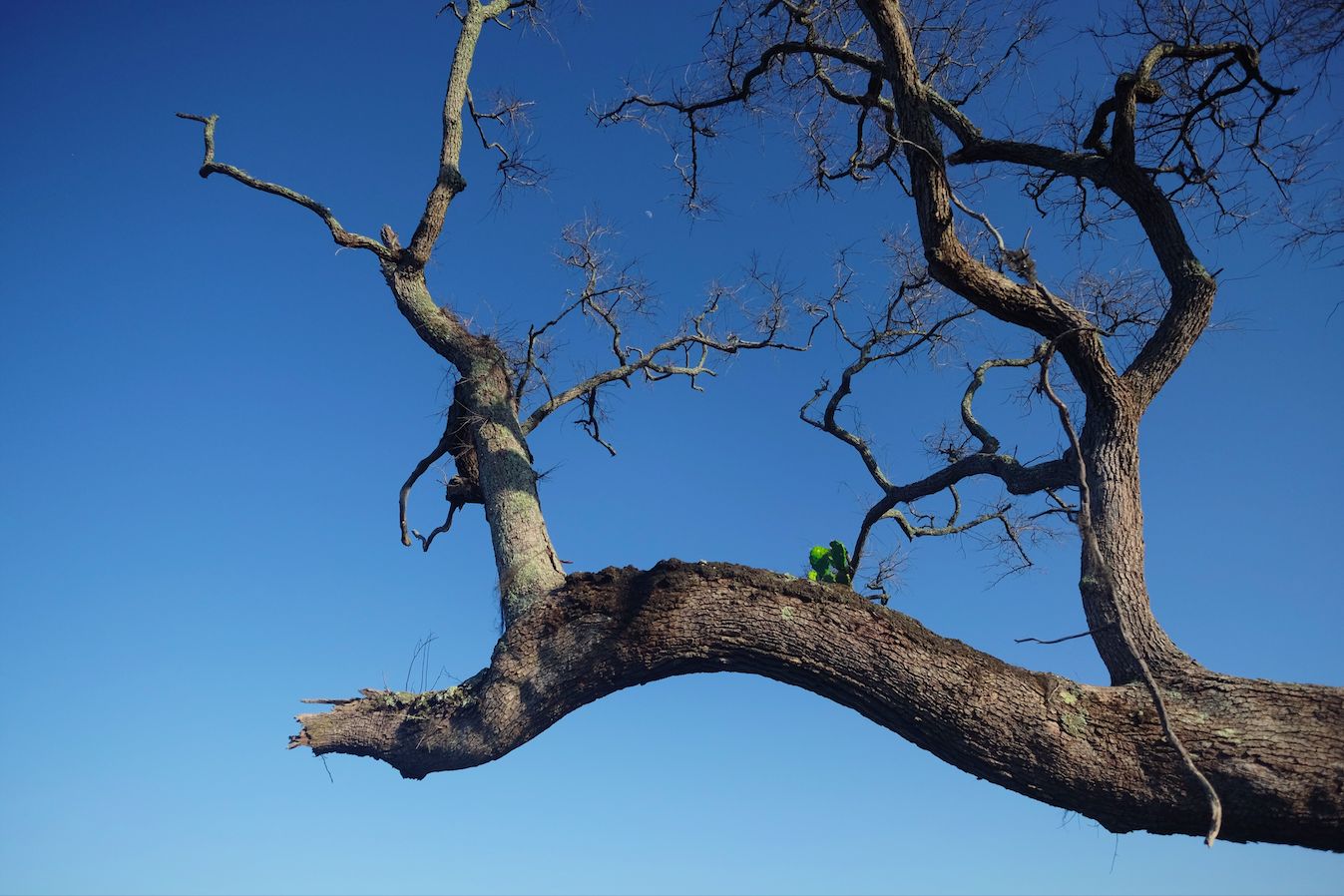
That can be problematic, because it's important to maintain that you have some sense of control over what happens. Otherwise, why would you strive towards anything at all? If things are already determined, then what's the use of struggling?
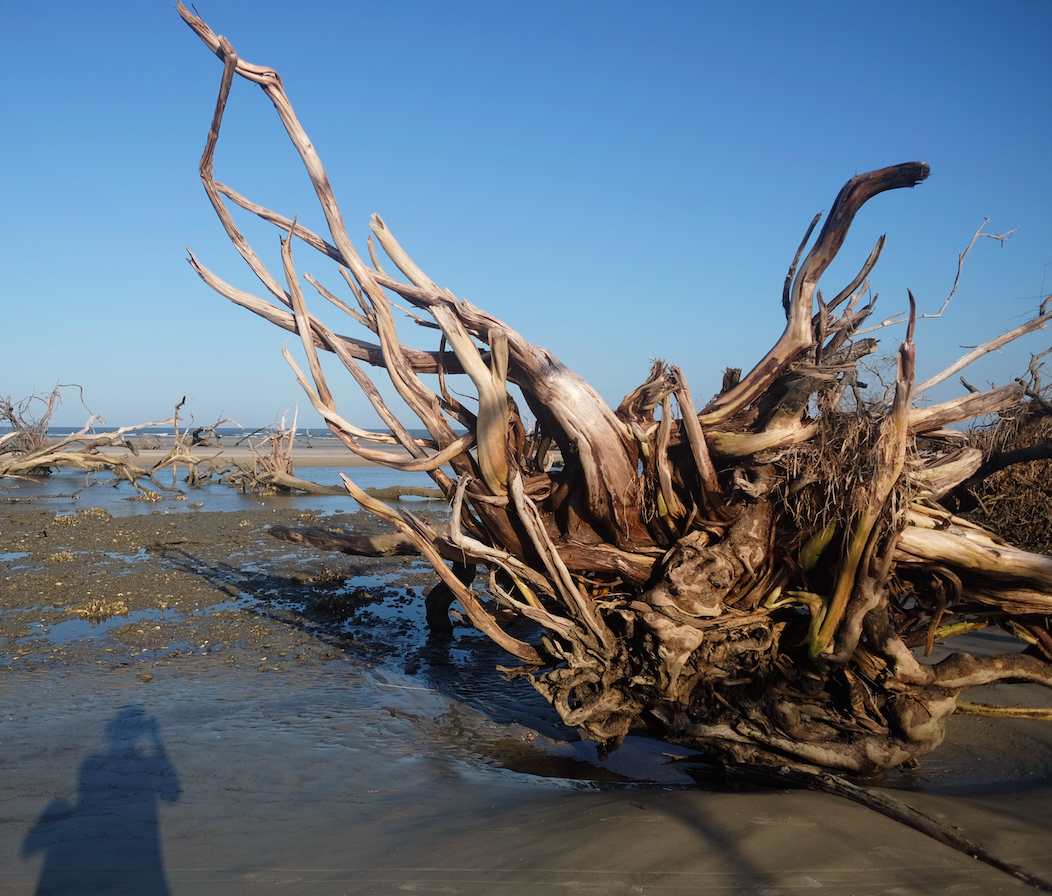
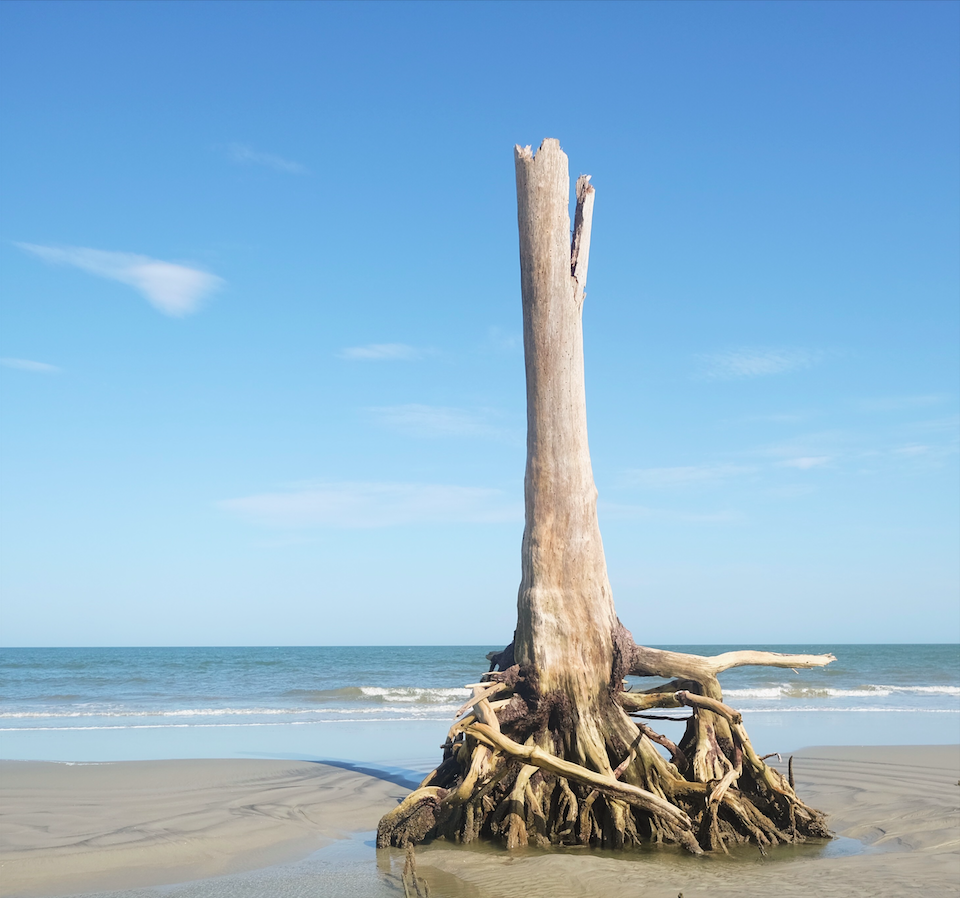
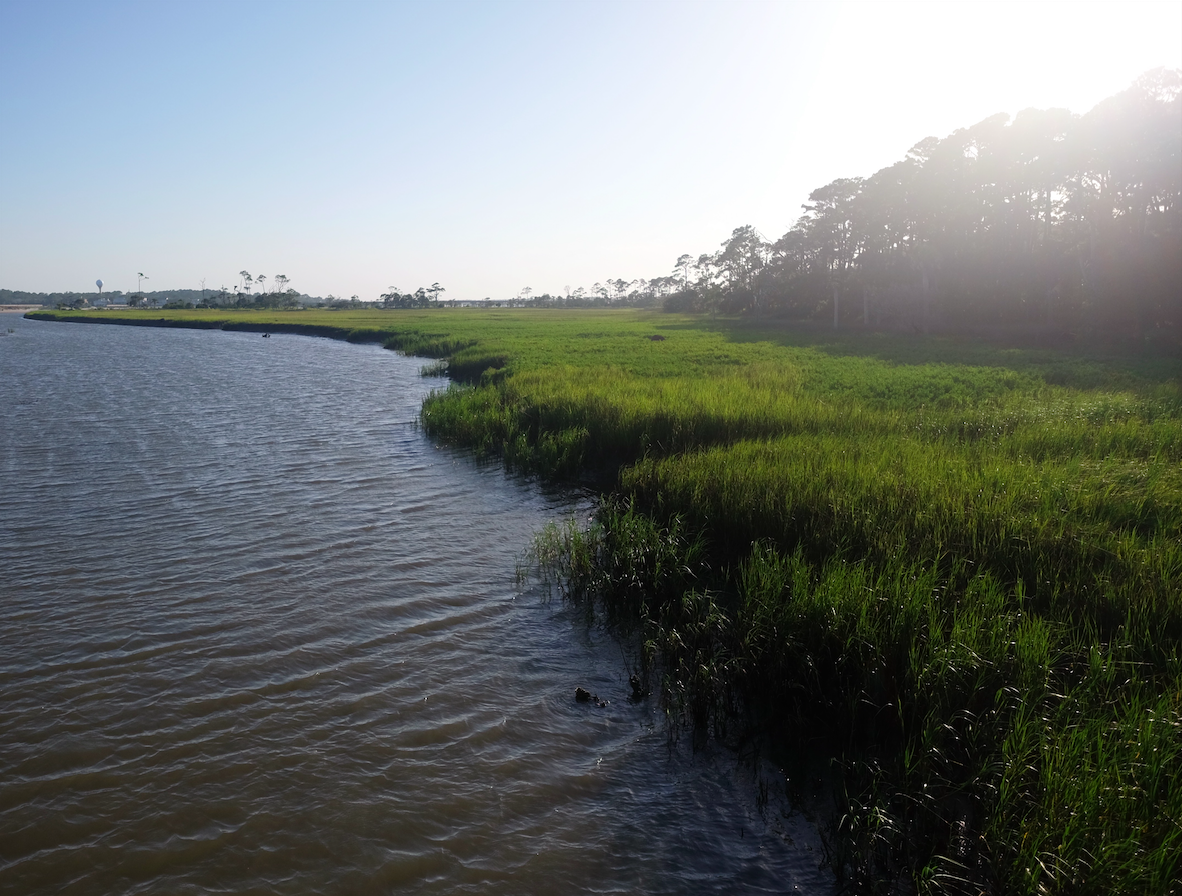
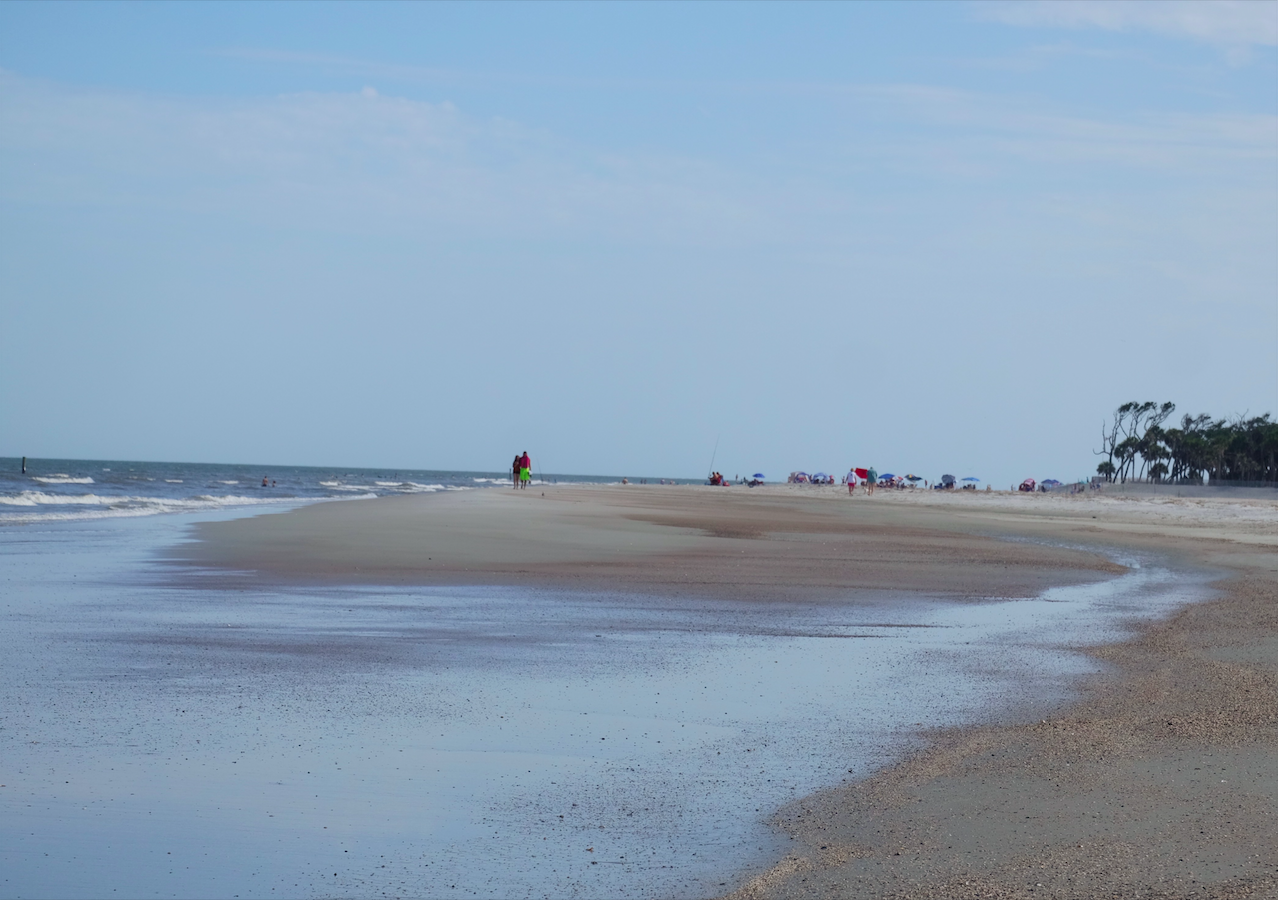
This was resolved (for me at least) when I took quantum mechanics.
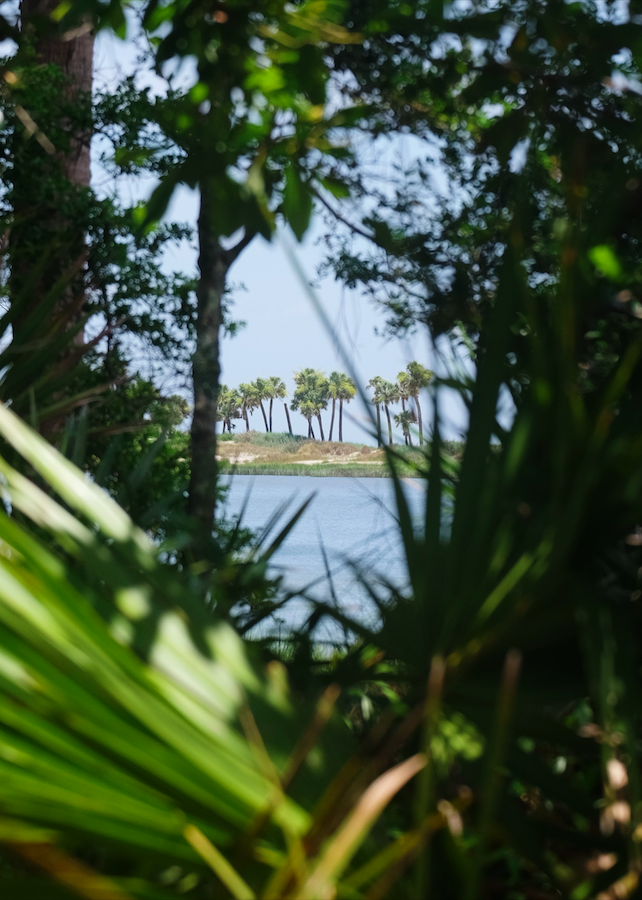
This is unrelated, but something like 35% of the Gross National Product is a result of quantum mechanics. (source)
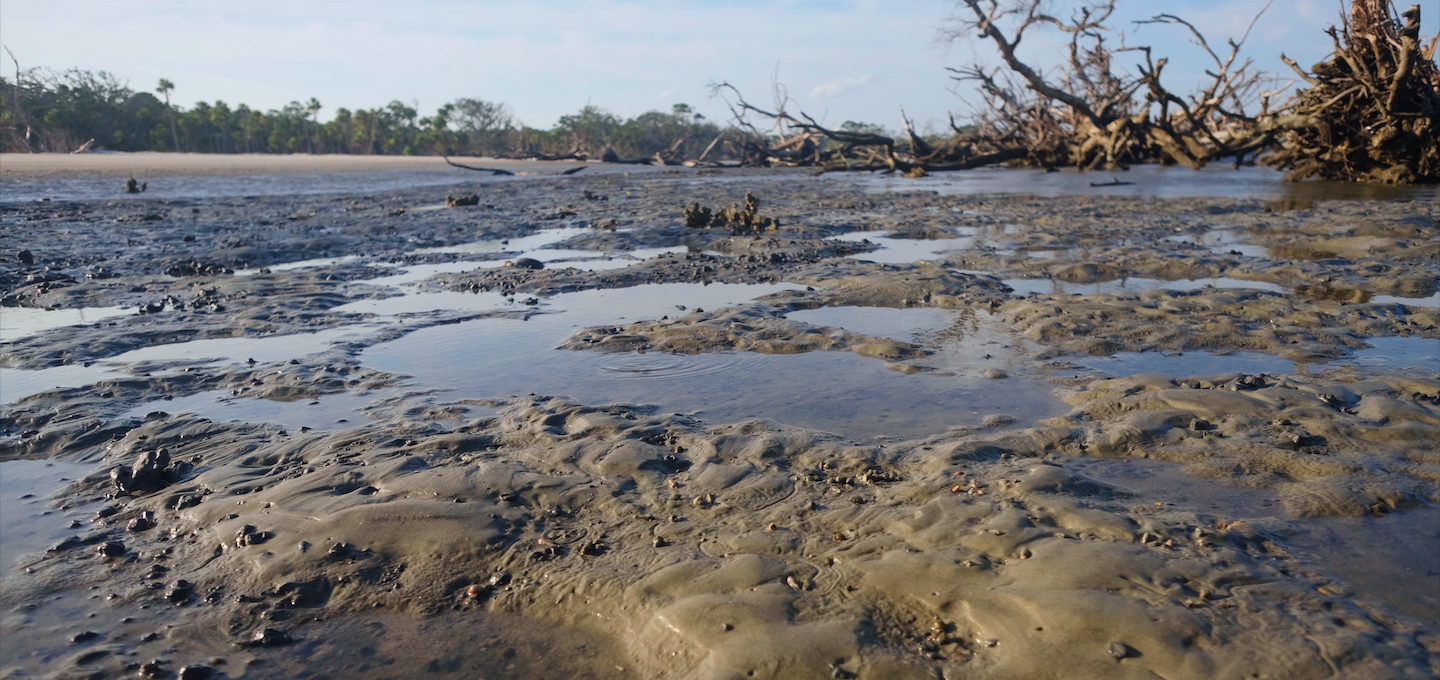
I don't understand quantum mechanics, and you should be skeptical of anyone who says they do.
But, there are a couple of things that happen because of it that have some interesting implications.
First, everything that is physically possible exists until it is "observed". Once the superposition is observed, the possibility that you see snaps into being as definite objects and events (superposition of states).
Second, you can't know position and momentum exactly at the same time. (Heisenberg uncertainty principle)
In reality, position and momentum don't exist. They're just things you measure, not the elements of reality that quantum mechanics uses. People don't like that difference.
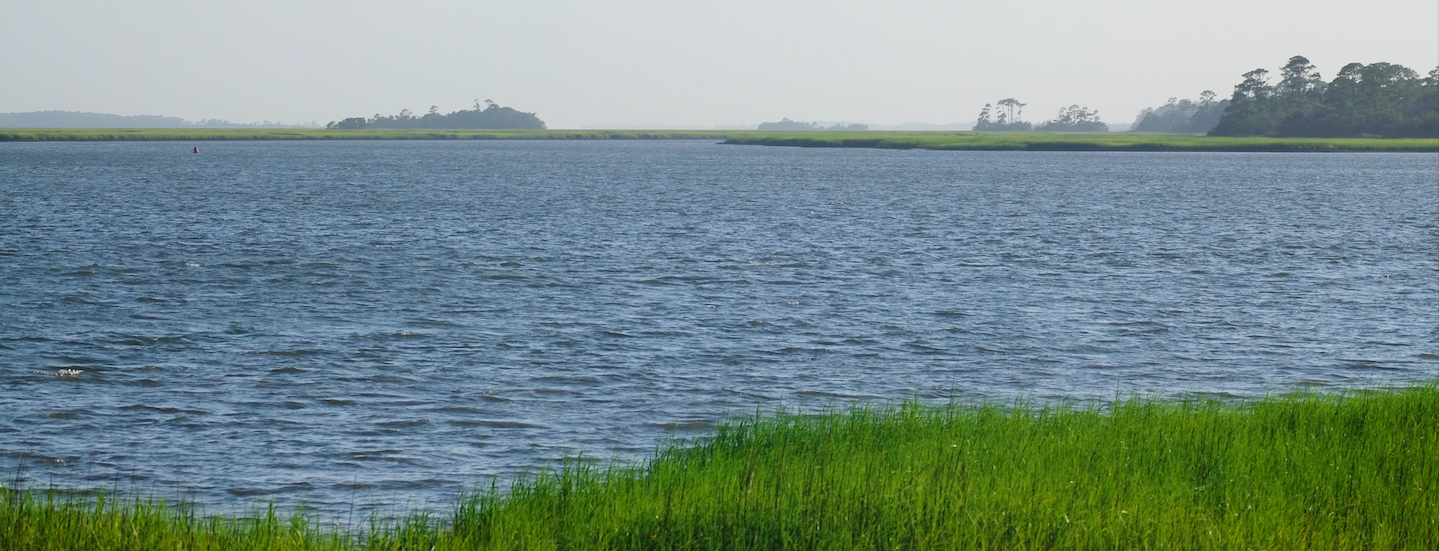
So if we go back to trying to measure things to make predictions about the future with a quantum mechanical lens, not only is it impossible to measure things precisely because of error, but now we can't make those precise measurements because they don't even exist.
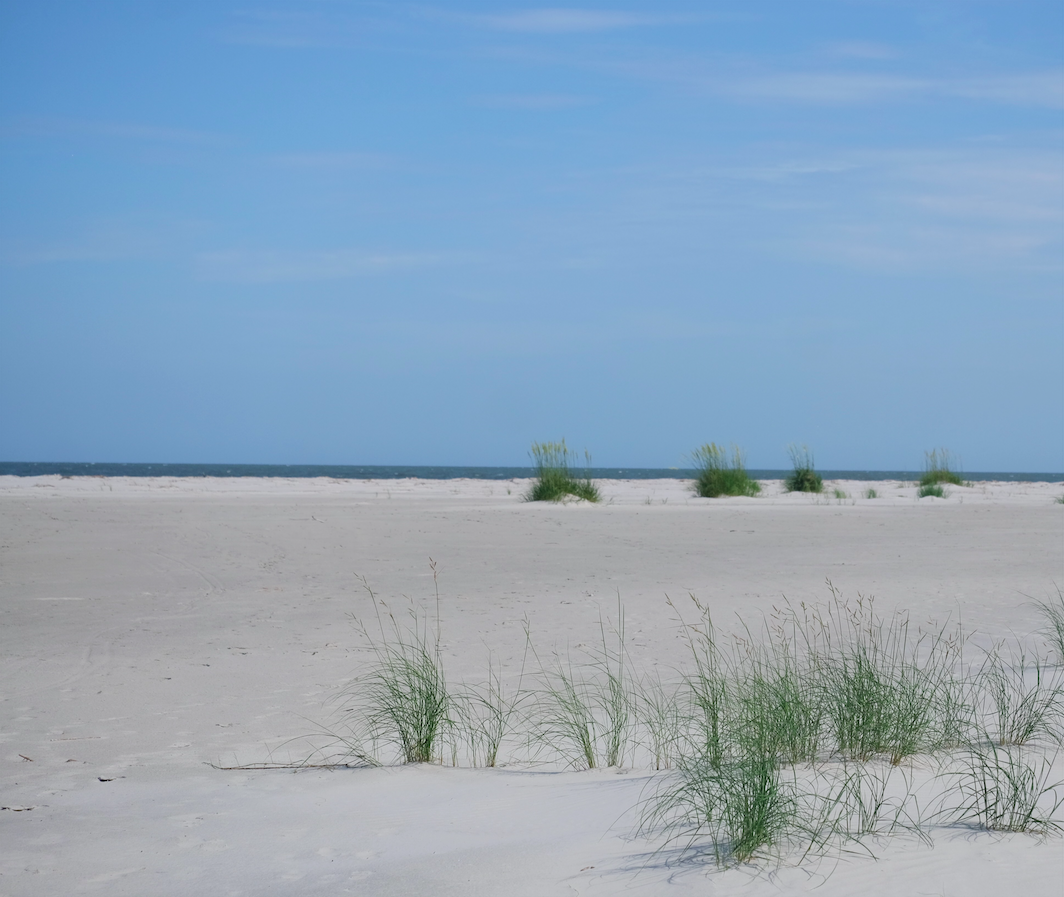
When you try to measure something precise enough to predict the exact future in a quantum mechanical world -- which, by the way, is the world we live in -- you're just asking the wrong question.
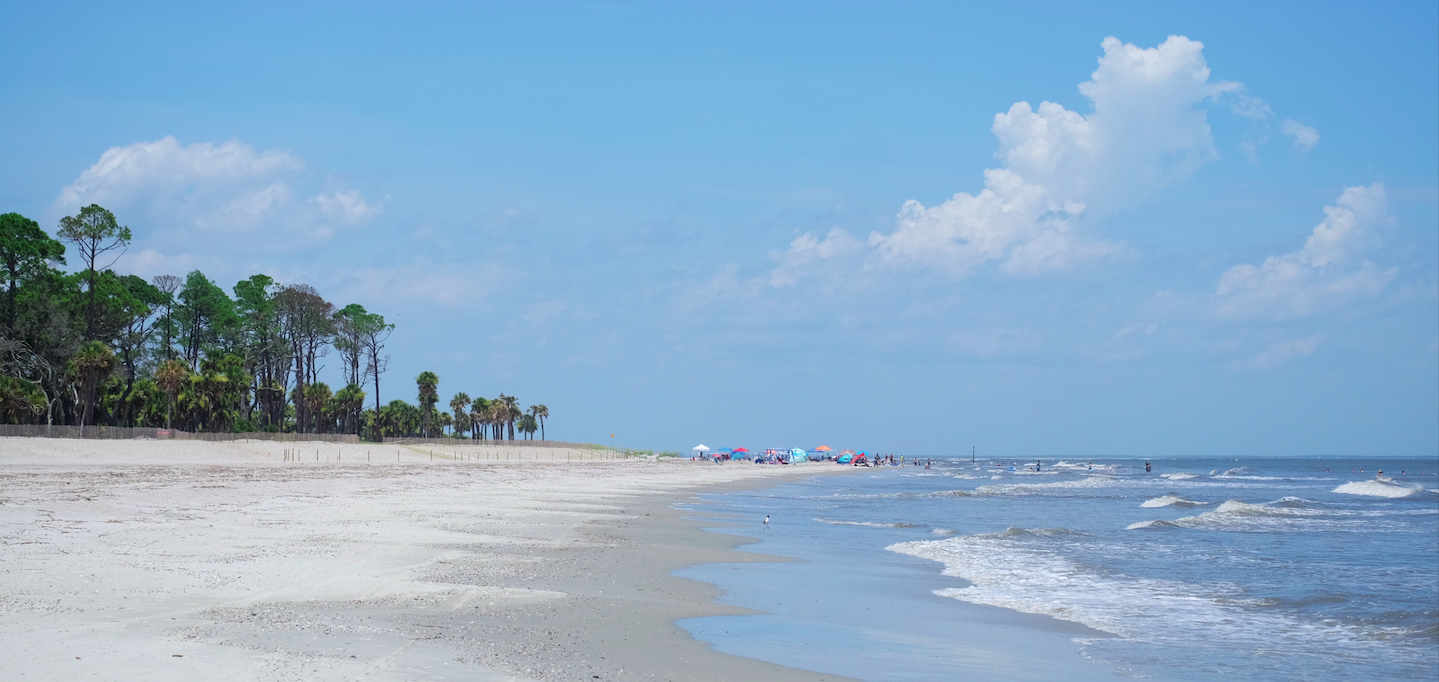
Because of quantum mechanics, the future isn't determined at any point in time except the present.
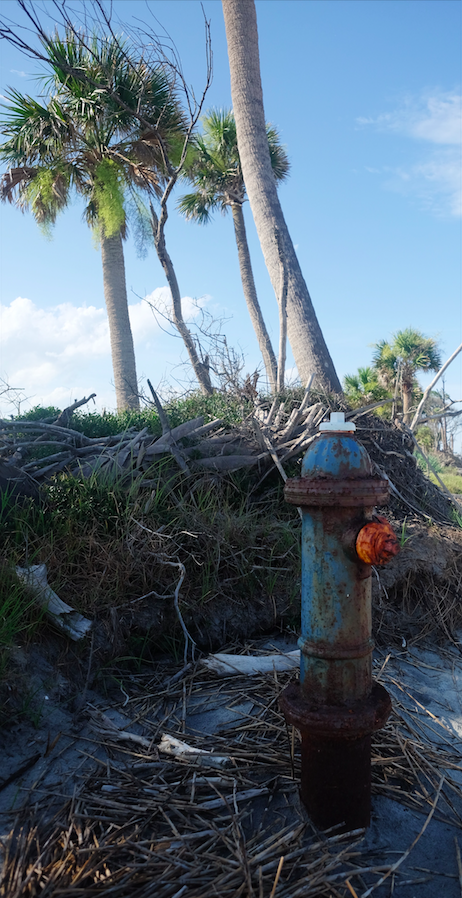
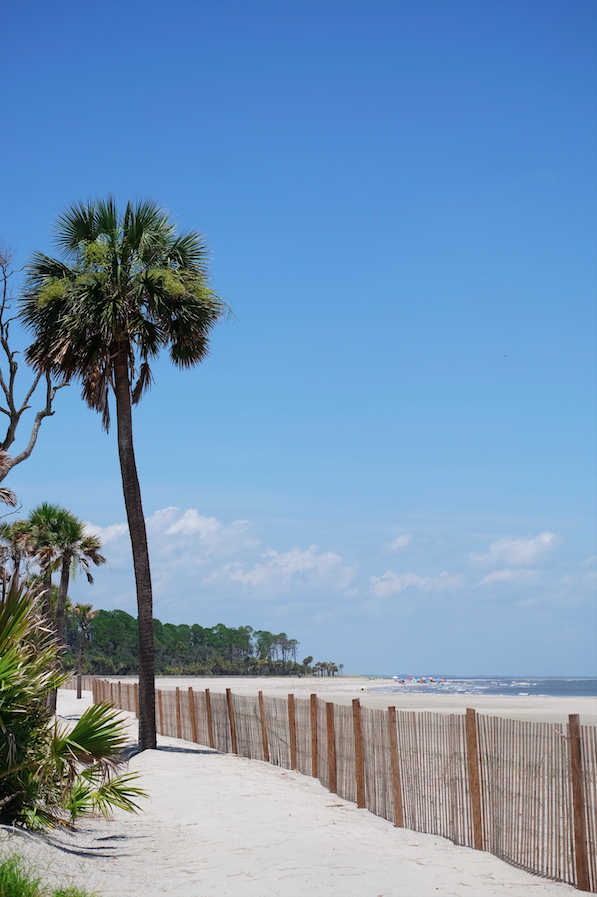
So should humans be mediating the relationship between chaos and order on Hunting Island? Or is it fruitless because chaos and entropy always win in the end?
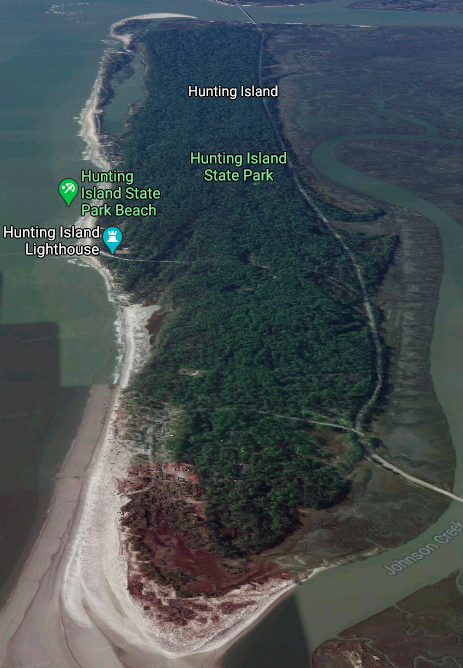
I don't know the answers, but it's safe to say that the path you navigate for yourself now can lead you to where you want to be later.

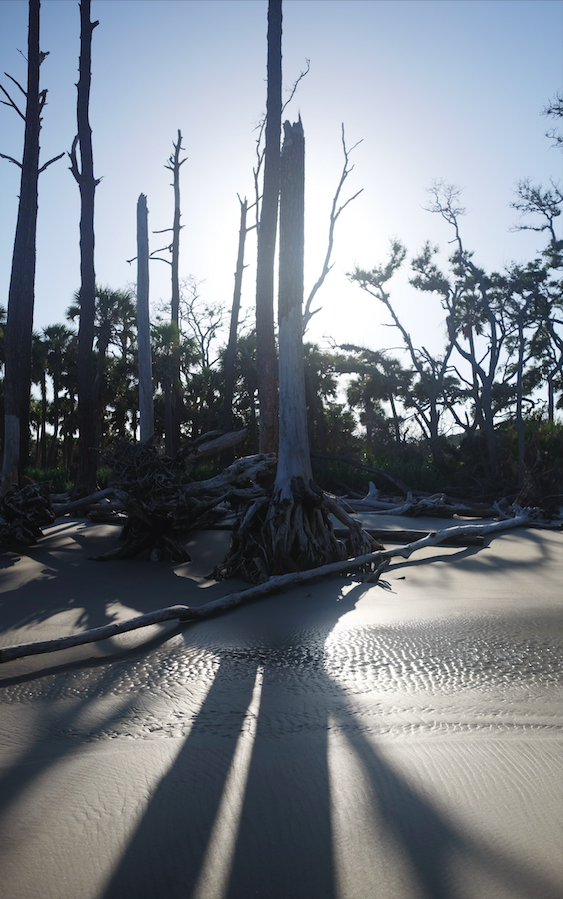
Even though there's a lot of random chance involved, the things you do and say matter.
